In_equality
Conference
2026
In_equality Conference 2026
15-17 April 2026
Bodenseeforum Konstanz & online
The In_equality Conference 2026 is dedicated to exploring the political causes and consequences of inequality across various dimensions and domains.
The conference addresses questions in empirical domains including education, labor markets, health care, minority and language rights, and climate change.
Registration
Registration for In_equality 2026 is open. Please note: in order to participate in the Conference (on site or online), registration is mandatory.
Registration for on-site participation will be open until 15 March. You may register for online participation until 8 April.
We use ConfTool to handle registrations and tickets. Find the available pricings below (Conference fee must be paid by all participants).
- Full Price 200 €
Participation on site in Konstanz
- Reduced Price 100 €
Students and doctoral students
- Online Participation 0 €
Online only
Code of Conduct
Please also note our Code of Conduct and Awareness Concept. By registering for the conference, participants agree to comply with these principles.
Conference format:
- The conference will be organized as a climate friendly conference, focusing on reducing and avoiding CO2 emissions wherever possible.
- In-person event for presenters with digital / hybrid option for further attendees. All sessions, talks, and discussions will be live-streamed.
- Talks in multiple moderated panels plus “Satellite”-panels’ on cross-cutting topics.
- There will also be an opportunity for poster presentations, allowing
participants to showcase their research visually and interact with attendees.
About the Conference:
This is a research-focused academic conference. Presentations and discussions centre on scientific research on the political dimensions of inequality and are conducted in an academic format. The conference is therefore primarily intended for researchers and academics; it is not designed as a policy or advocacy forum.
Speakers
Learn more about the keynote speakers at In_equality Conference 2026:
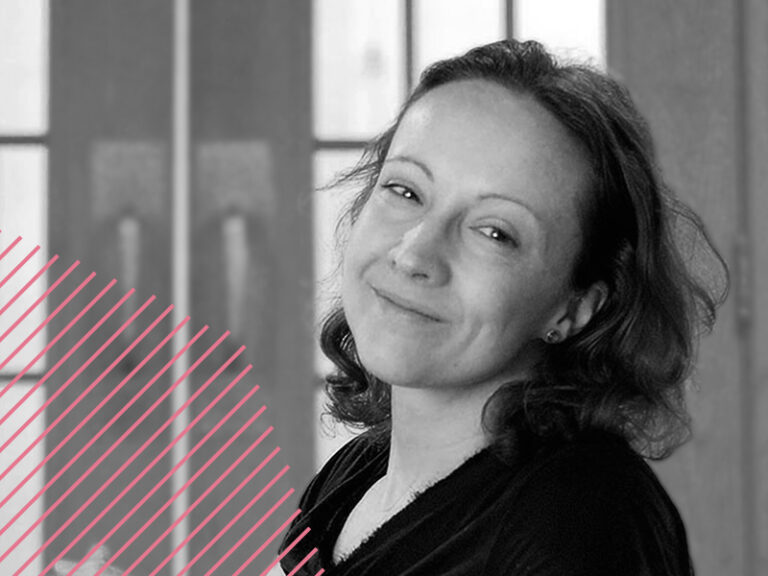
Jana Diesner
Technical University Munich
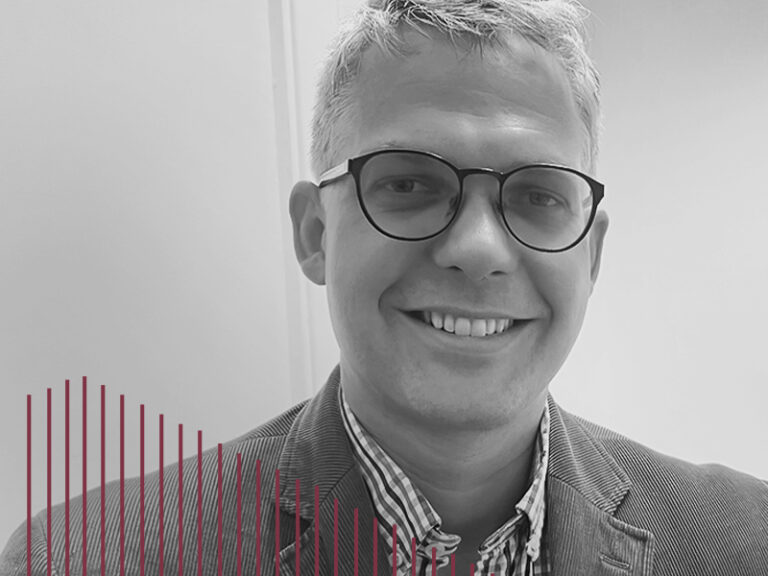
Attila Lindner
University College London
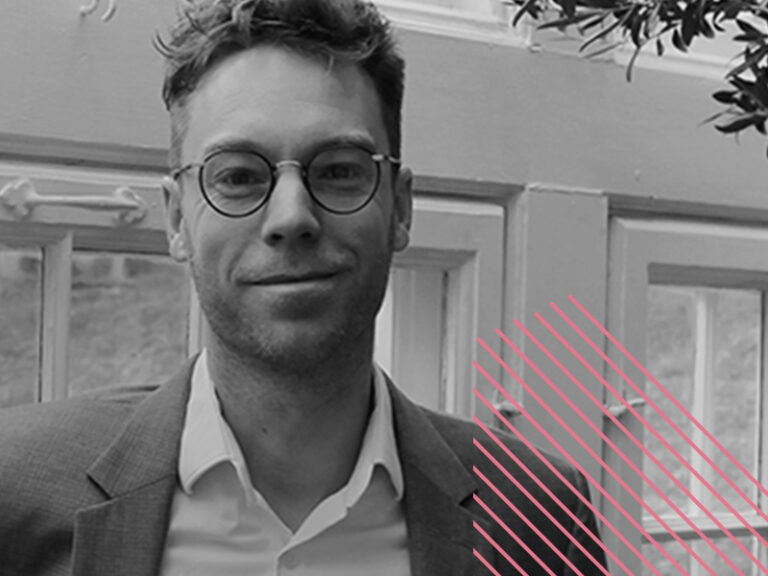
Merlin Schaeffer
University of Copenhagen
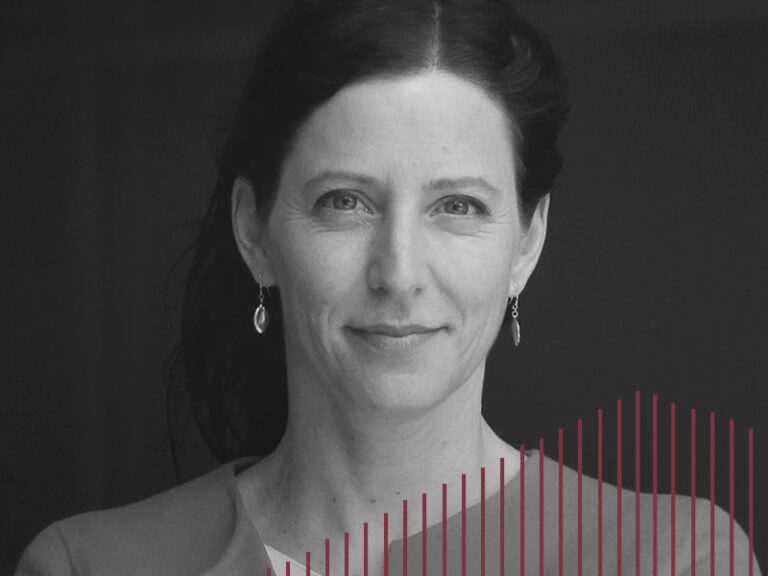
Silja Häusermann
University of Zurich
Our program consists of 43 panels totaling 116 talks, as well as two roundtables. Learn more about our conference speakers below.
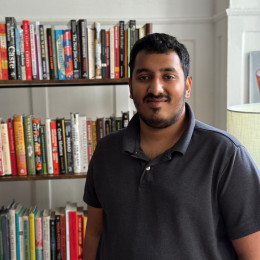
Abhyudaya Tyagi
Columbia University
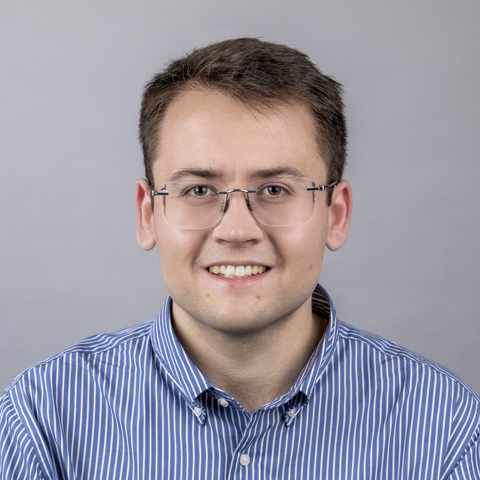
Alexander Busch
Massachusetts Institute of Technology

Alexander Hixson
University of Konstanz
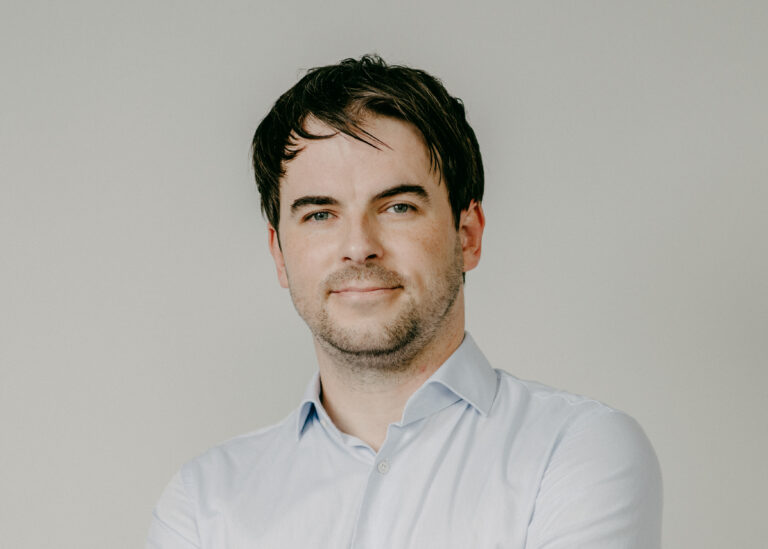
Alexander Horn
University of Konstanz

Anam Pandoh
Indian Institute of Technology (IIT) Bombay
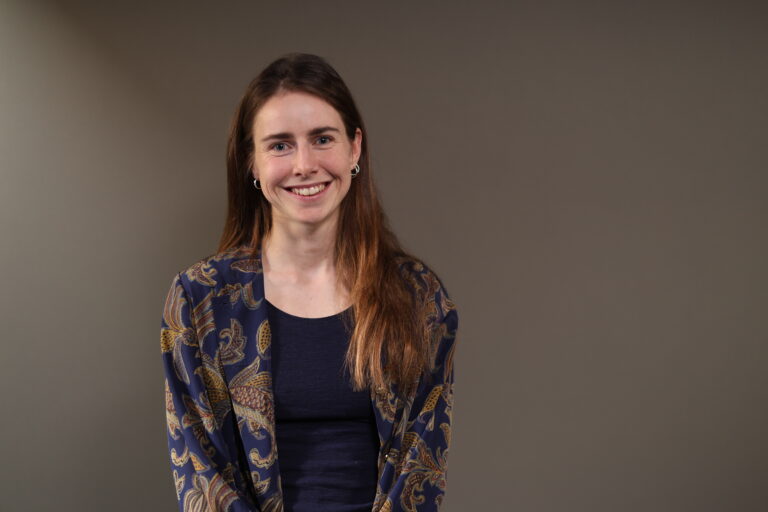
Anke Windisch
University of Munich
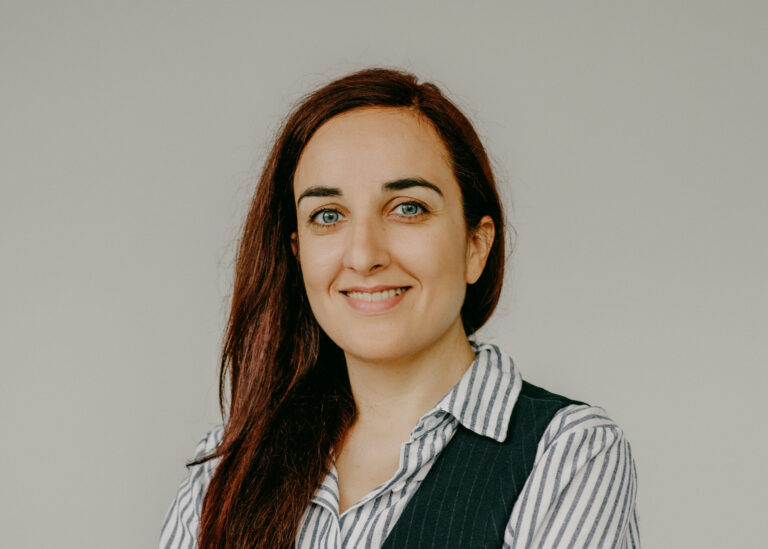
Anna Apostolidou
University of Konstanz

Anna Clemente
LSE
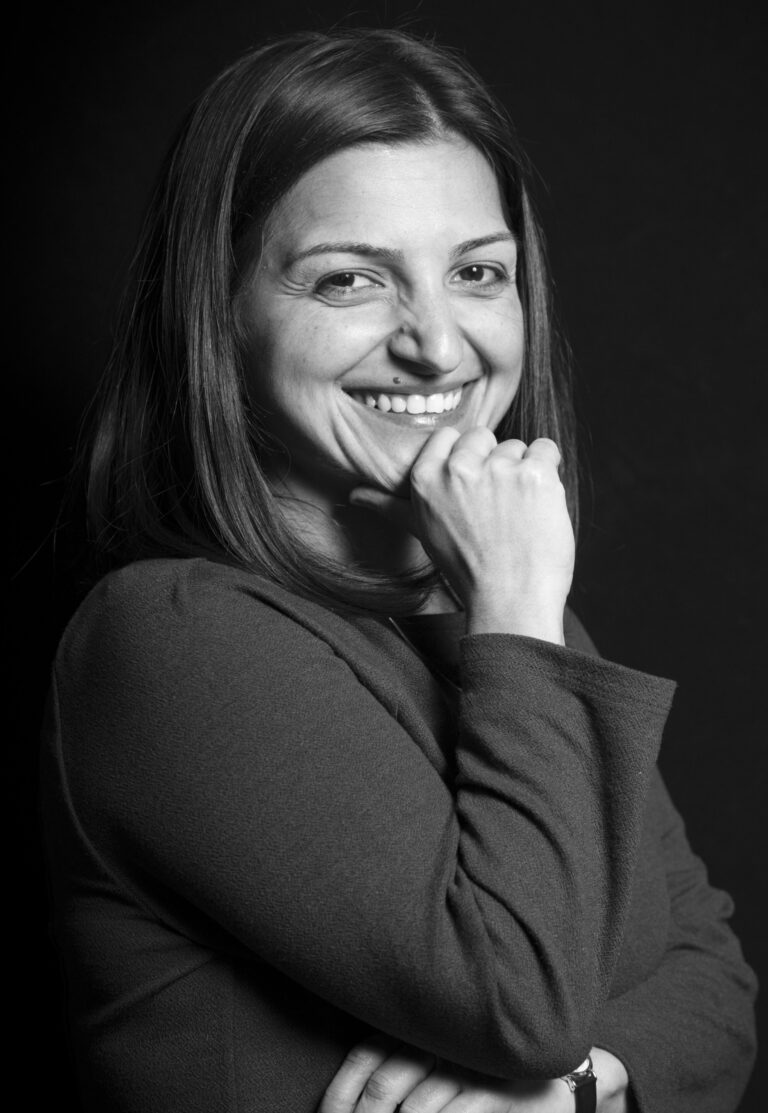
Anna Minasyan
University of Groningen
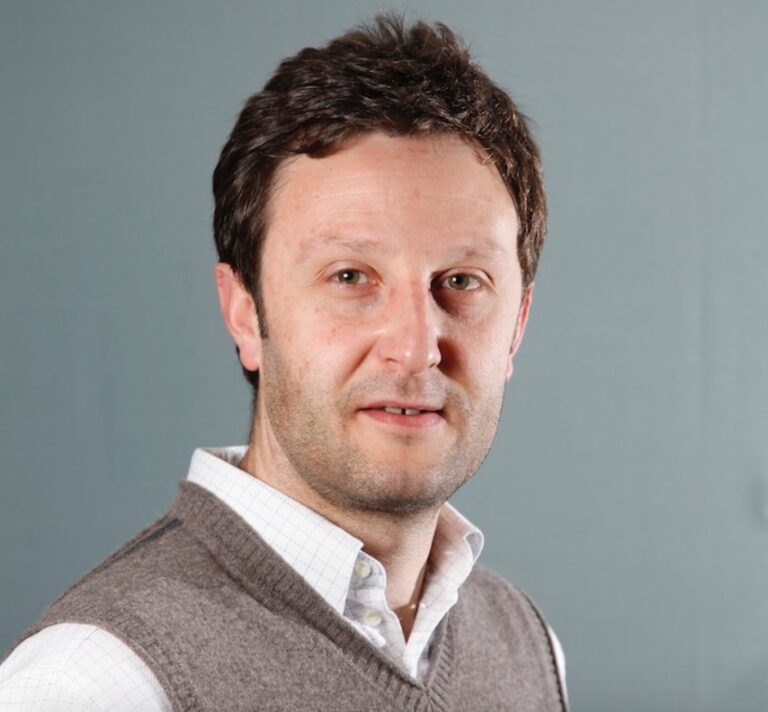
Antonio Savoia
University of Manchester

Bernd Schlipphak
University of Münster
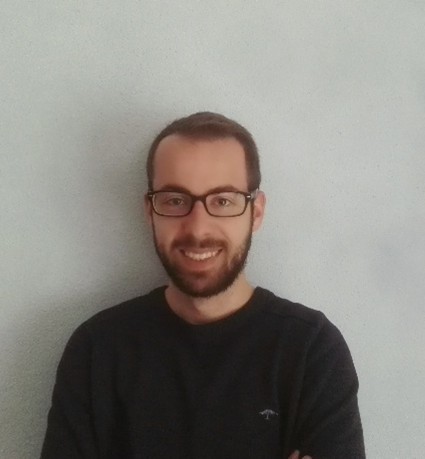
Björn Hartmann
University of St. Gallen
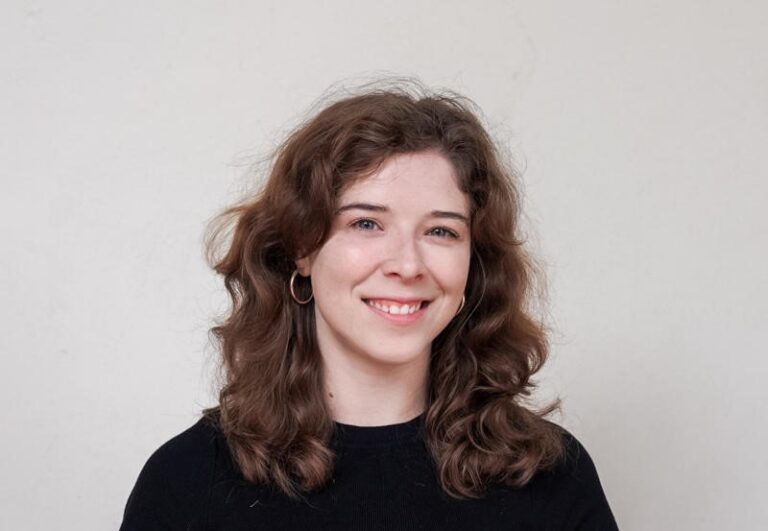
Carla Revilla
EUI
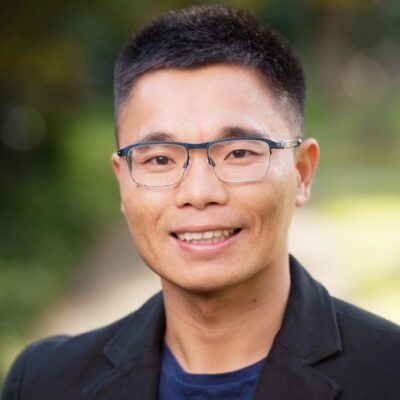
Cary Wu
York University
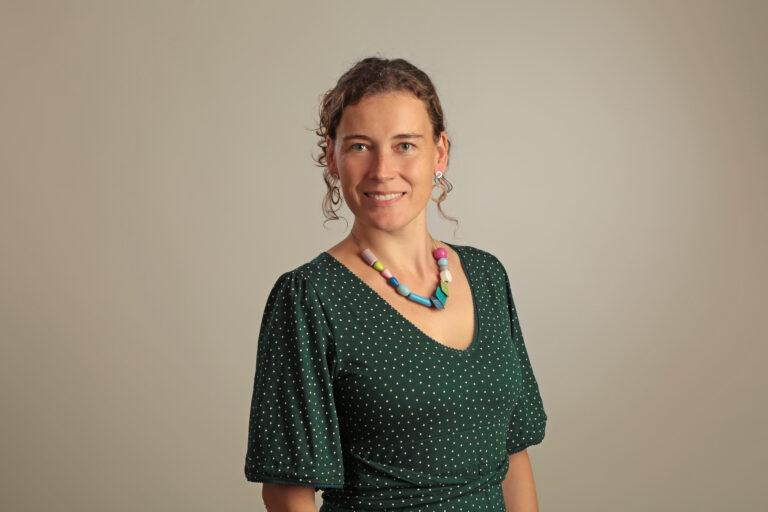
Celine Teney
Freie Universität Berlin
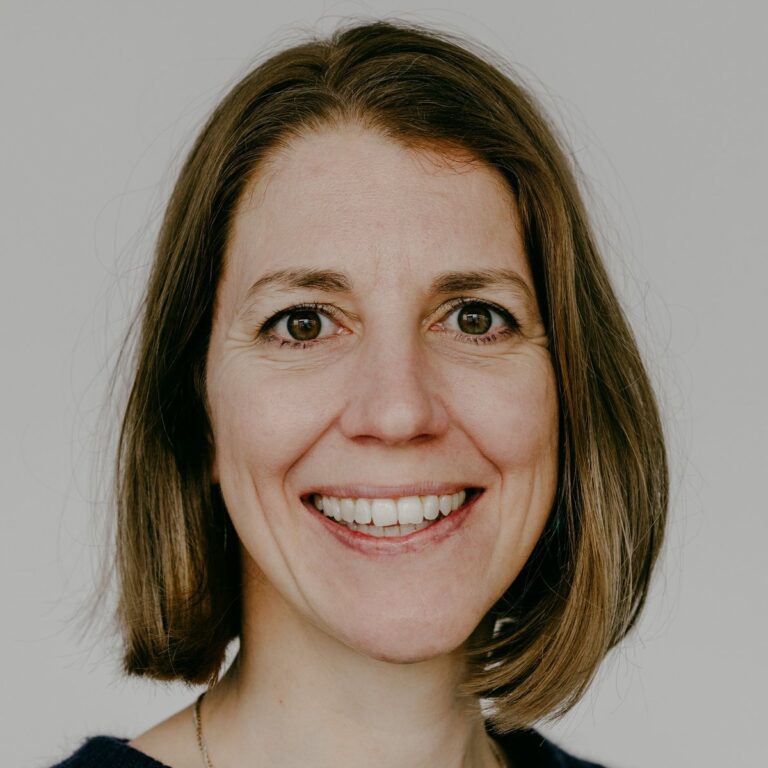
Christina Zuber
University of Konstanz
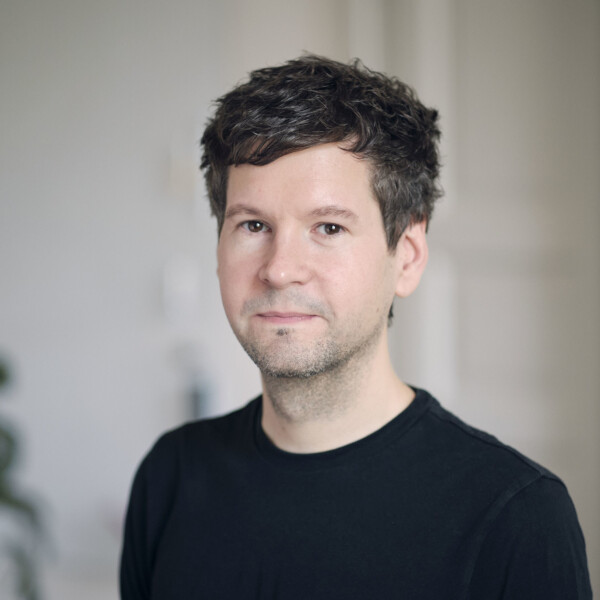
Christoph Kern
Ludwig-Maximilians-University of Munich
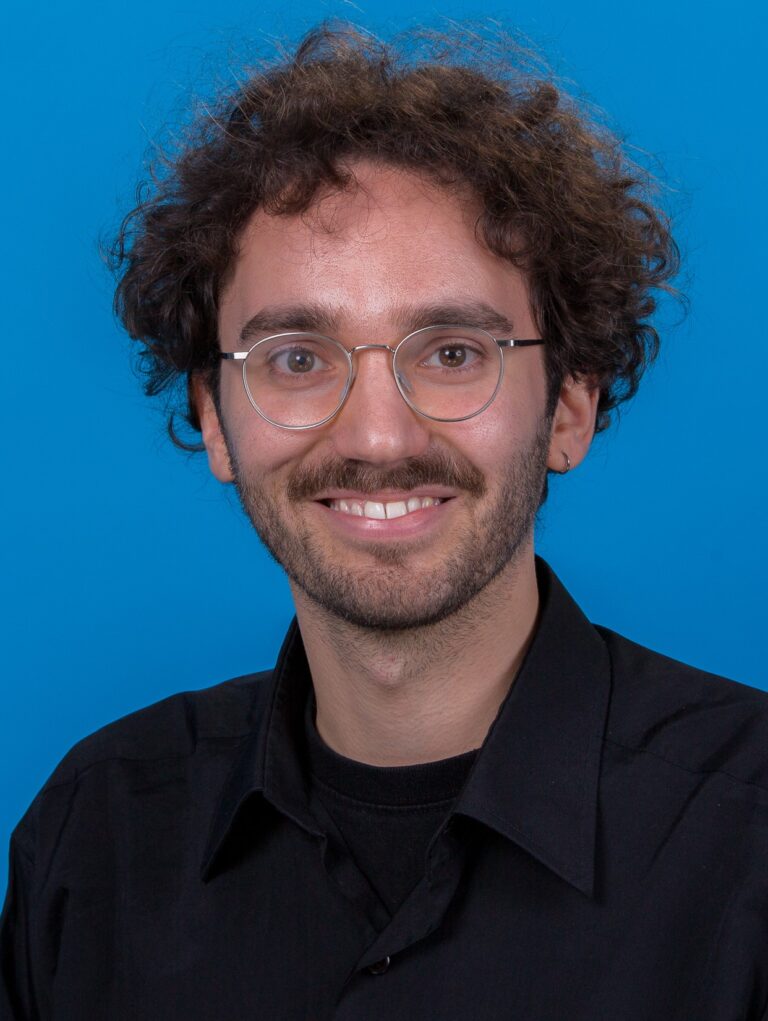
Christophe Van Langenhove
Vrije Universiteit Brussel

Clara-Marie Pache
Leipzig University
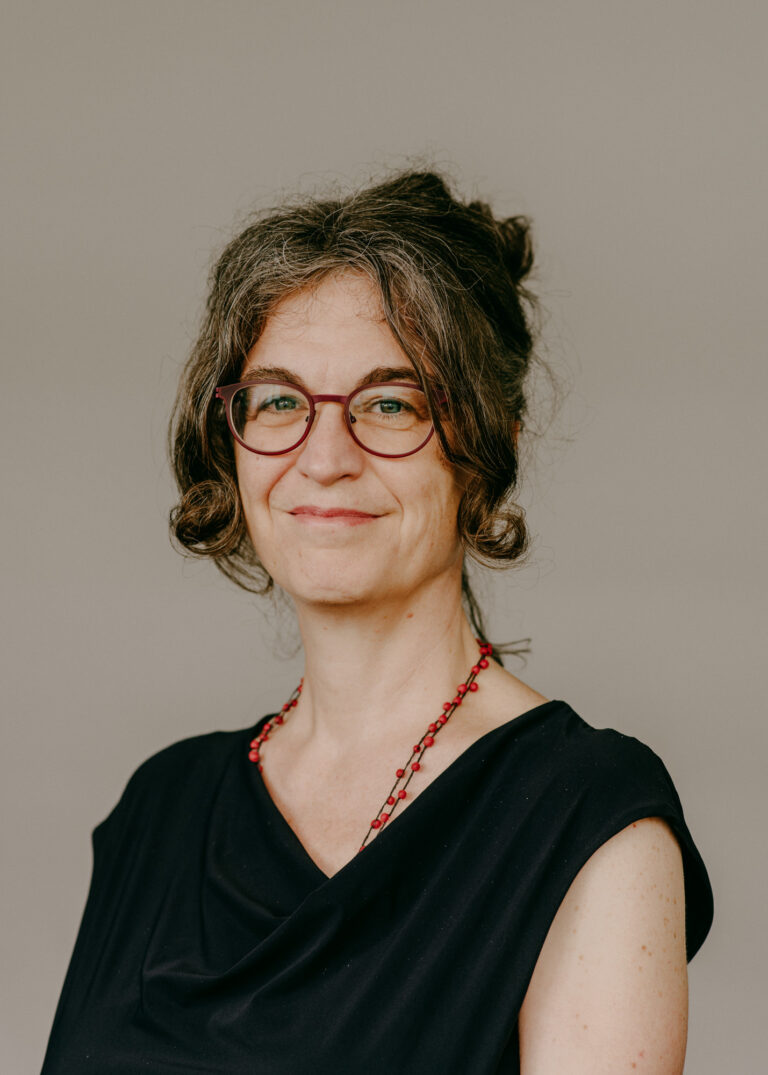
Claudia Diehl
University of Konstanz
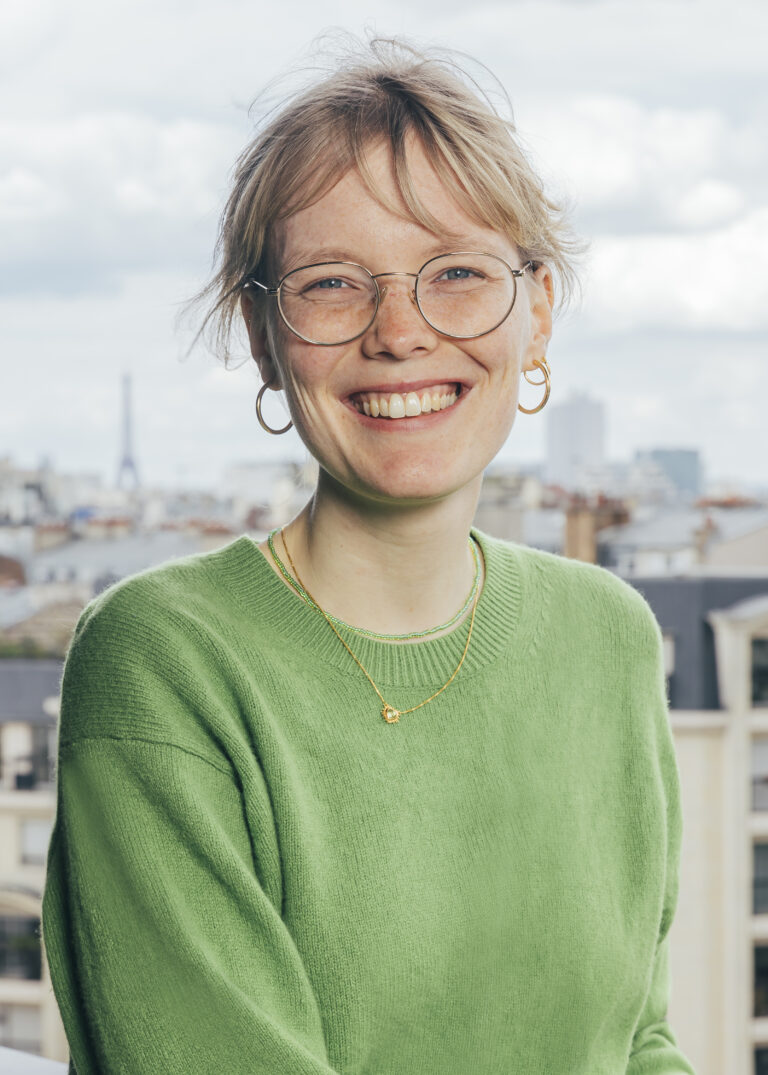
Cornelia Mohren
Sciences Po Paris

Cristóbal Moya
DIW Berlin
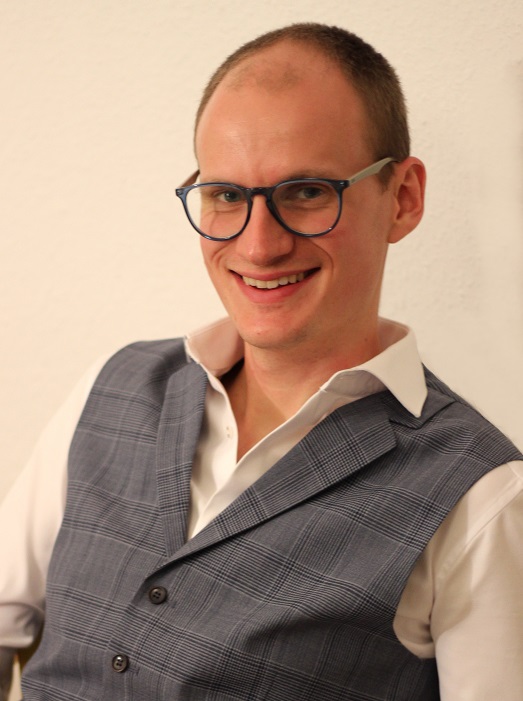
Daniel Mayerhoffer
University of Amsterdam
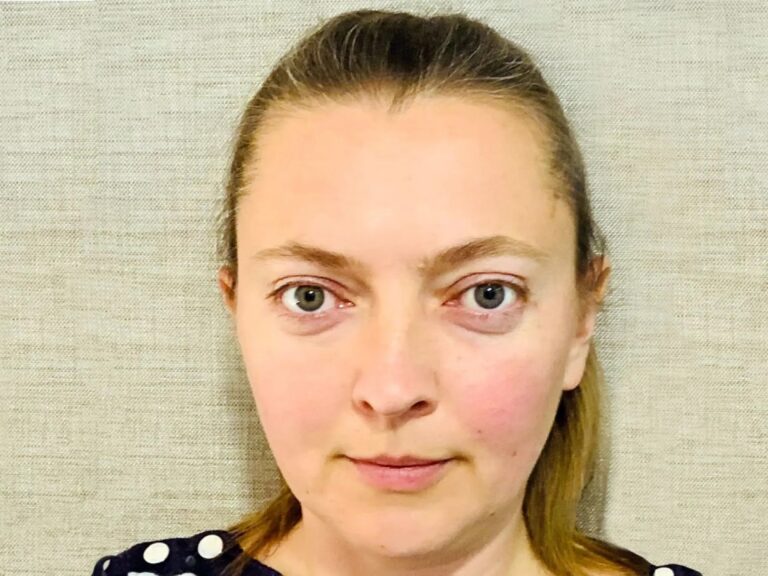
Daryna Grechyna
University of Granada
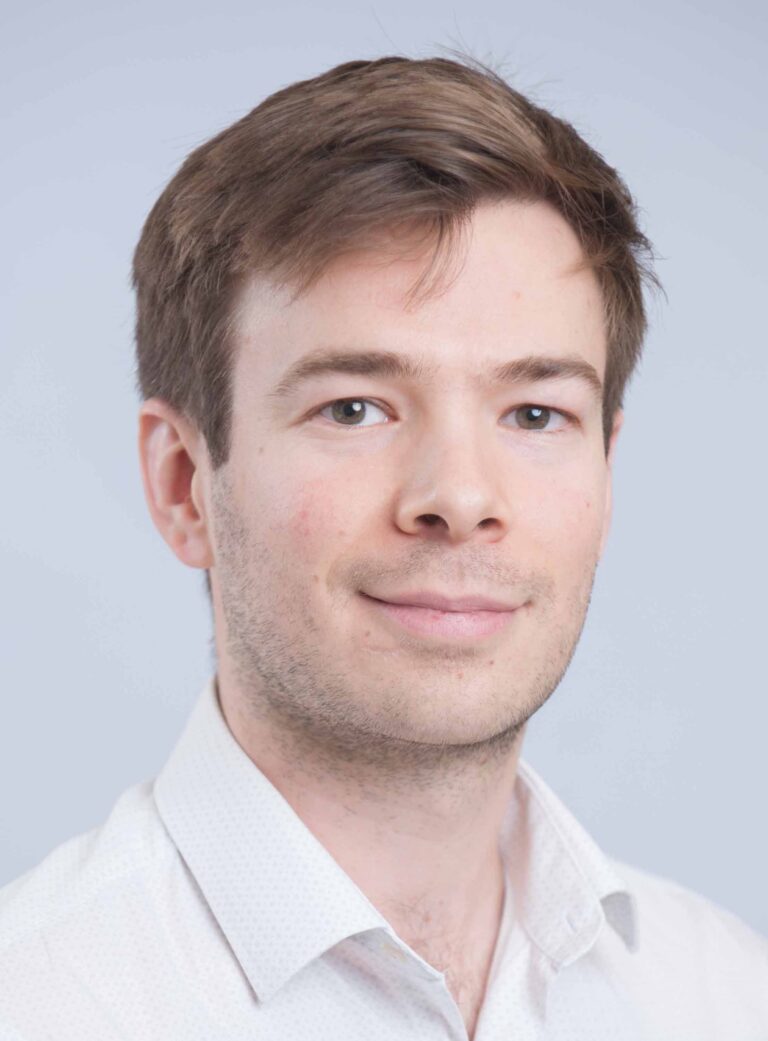
David Hope
King’s College London
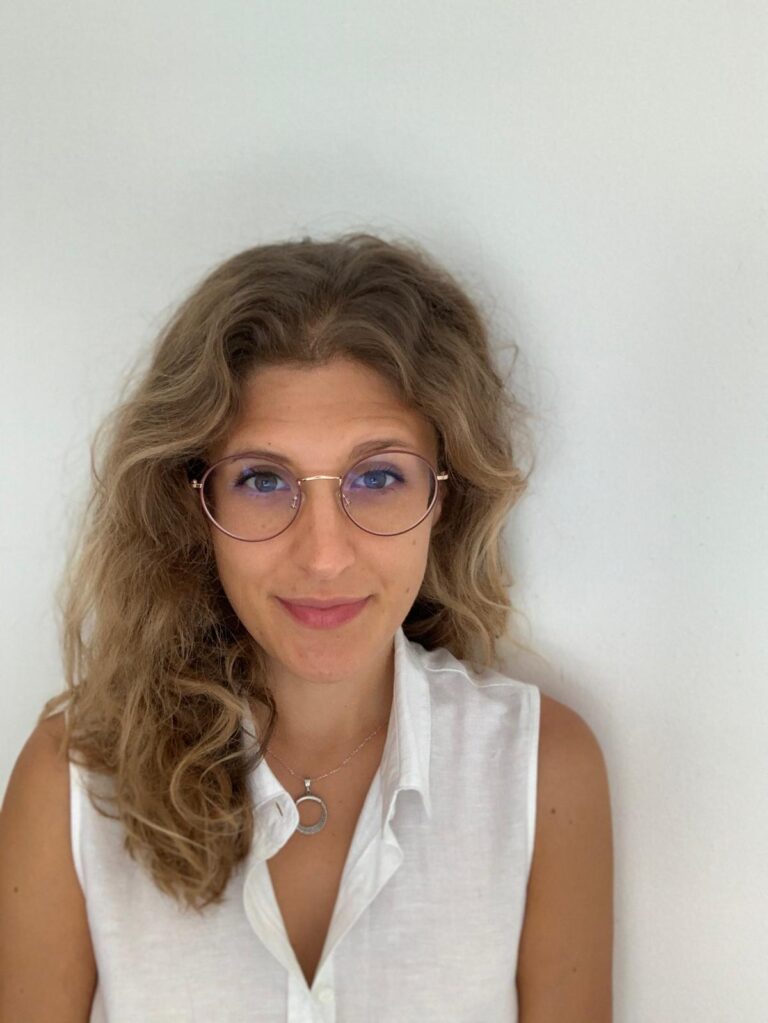
Elisabetta Girardi
Munich School of Politics and Public Policy
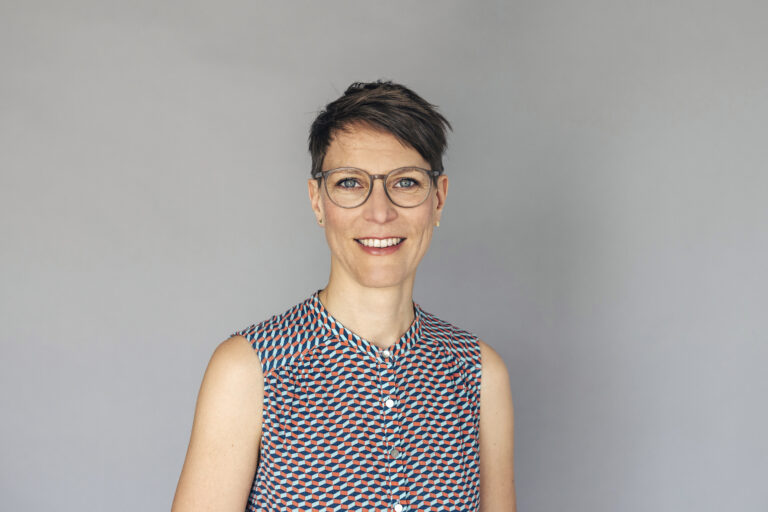
Ellen Ehmke
Robert Bosch Stiftung
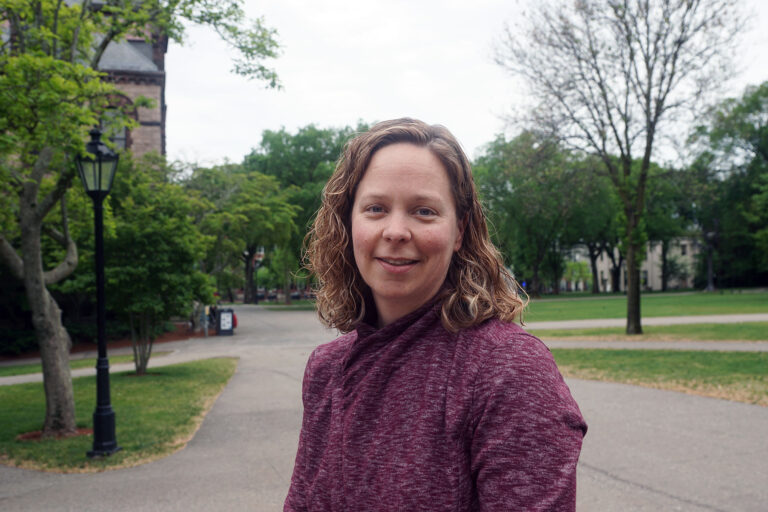
Emily Rauscher
Brown University
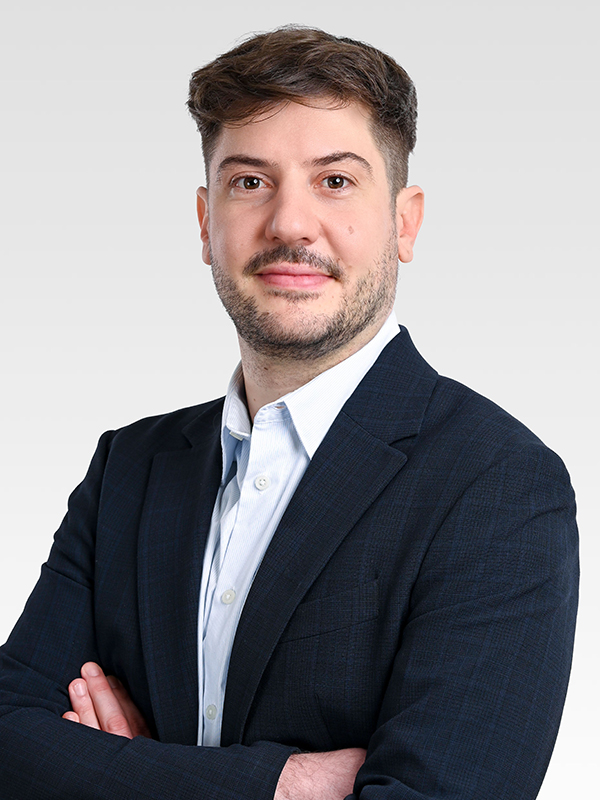
Enea Baselgia
ETH Zurich

Enrico Benassi
University of Oxford

Evelyne Hübscher
University of Geneva
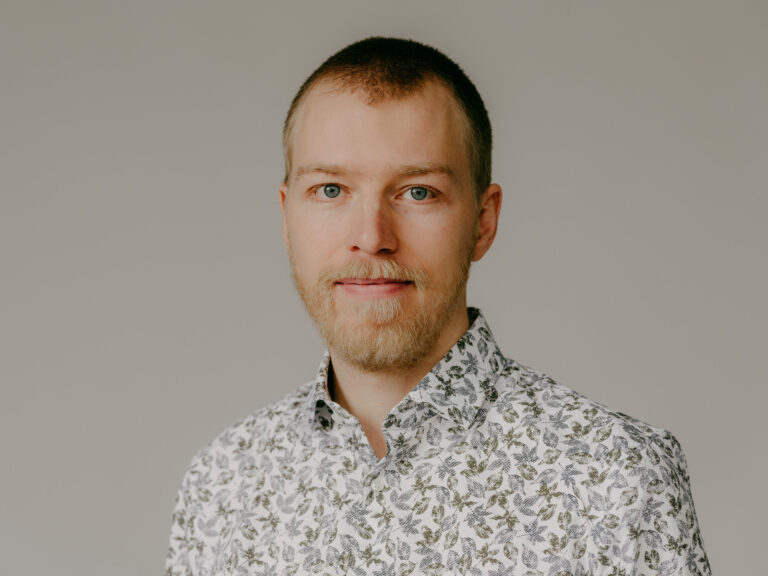
Felix Jäger
University of Konstanz
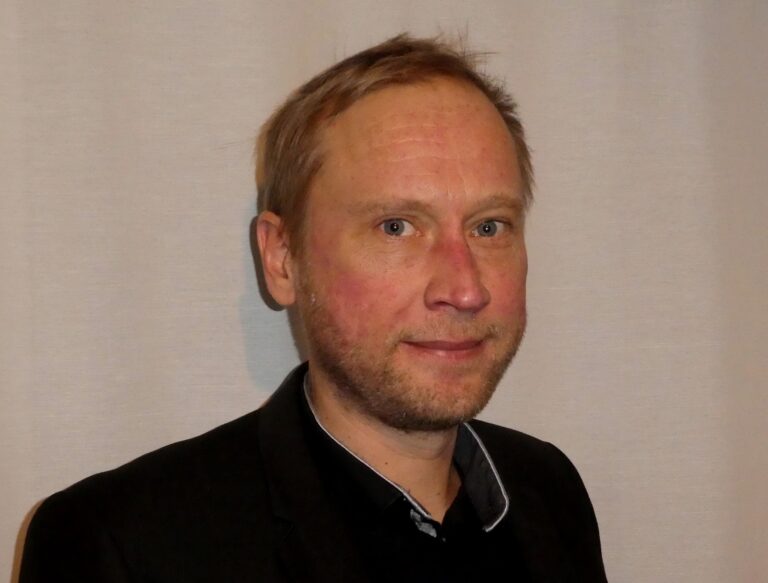
Felix Wolter
LMU Munich

Florencia Olivares
Universitat de Barcelona
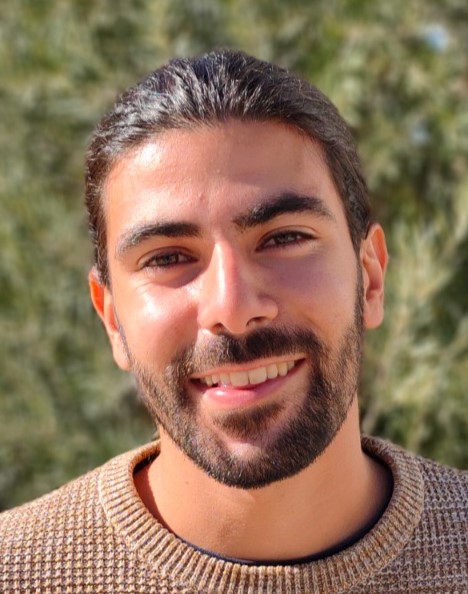
Francisco Miguel Soler Martínez
Aarhus University
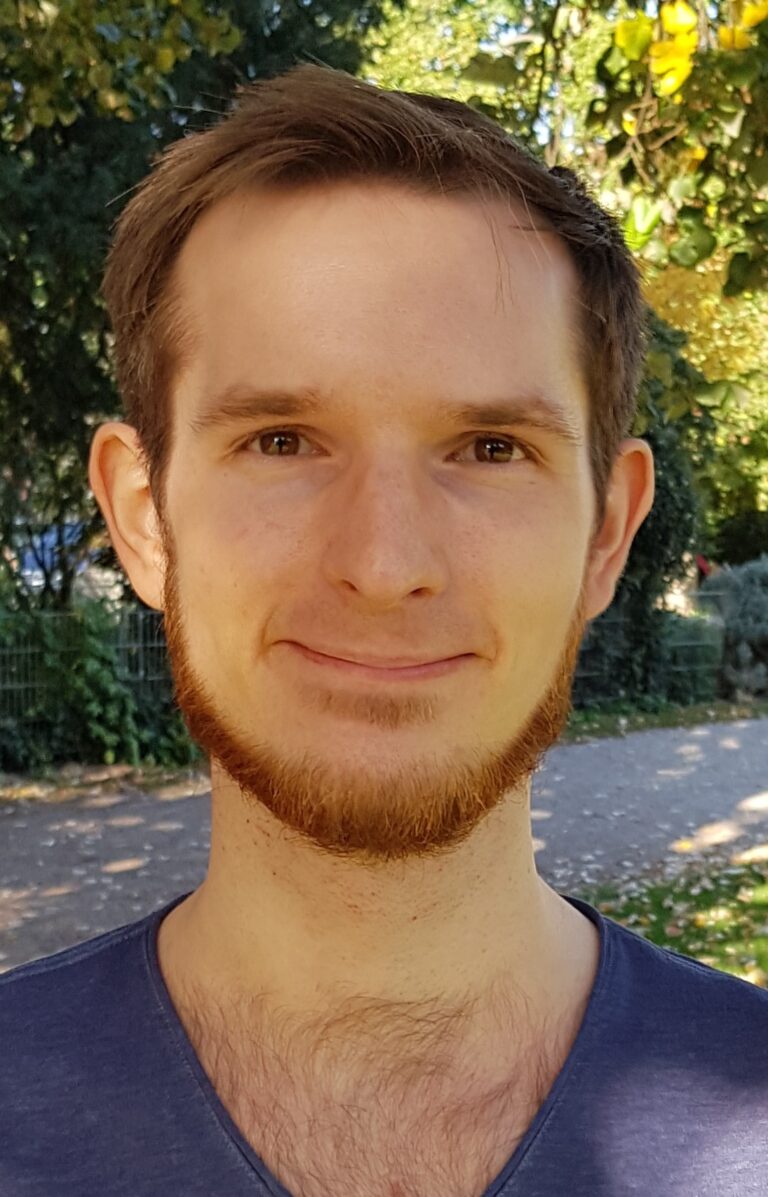
Frederic Gerdon
University of Mannheim

G. Brückmann
University of Bern
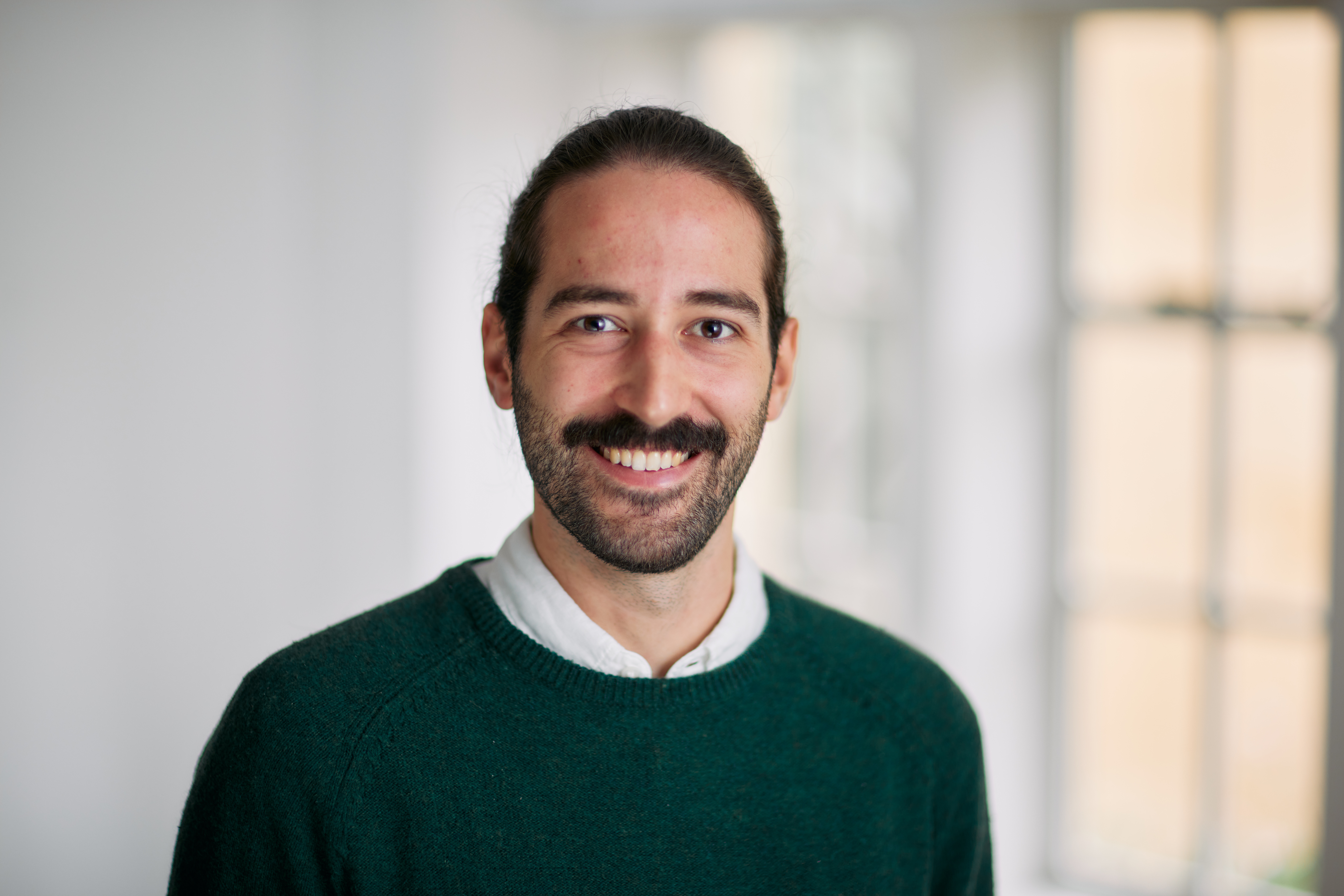
Giacomo Melli
University of Oxford
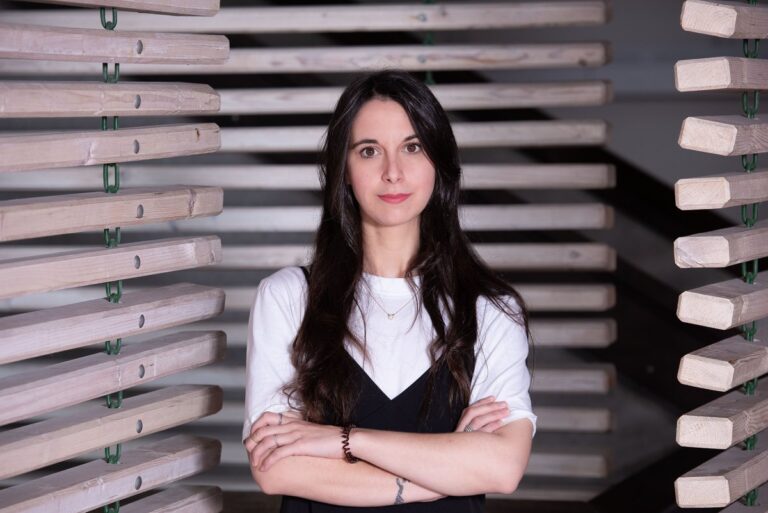
Giada Pasquettaz
University of Konstanz

Gökay Demir
Institute for Employment Research (IAB).
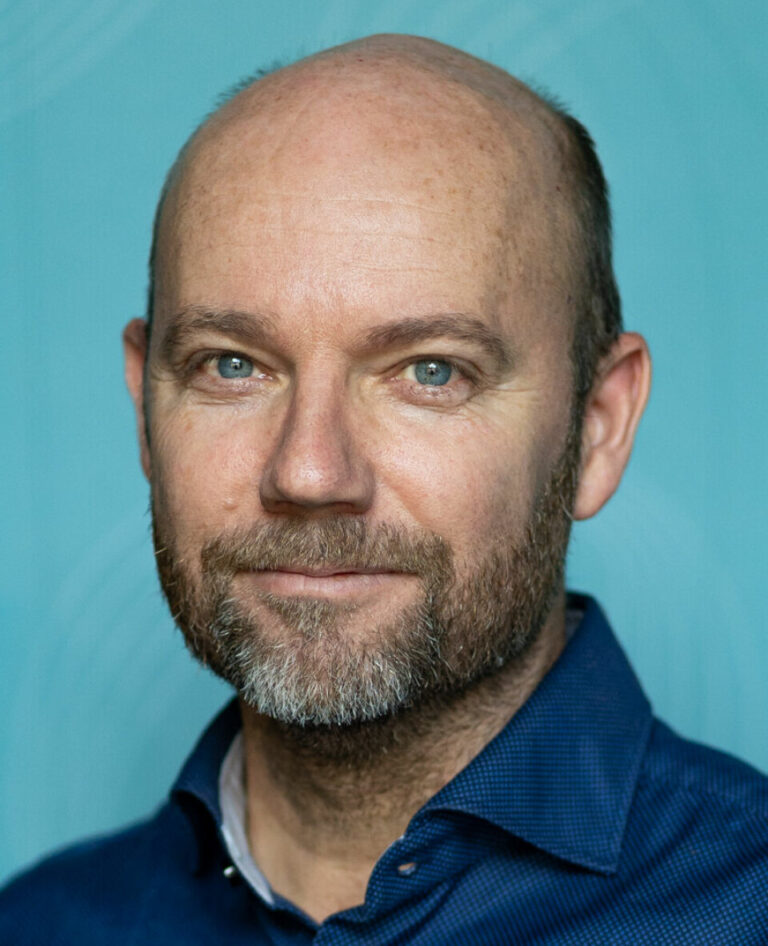
Halvard Buhaug
Peace Research Institute Oslo
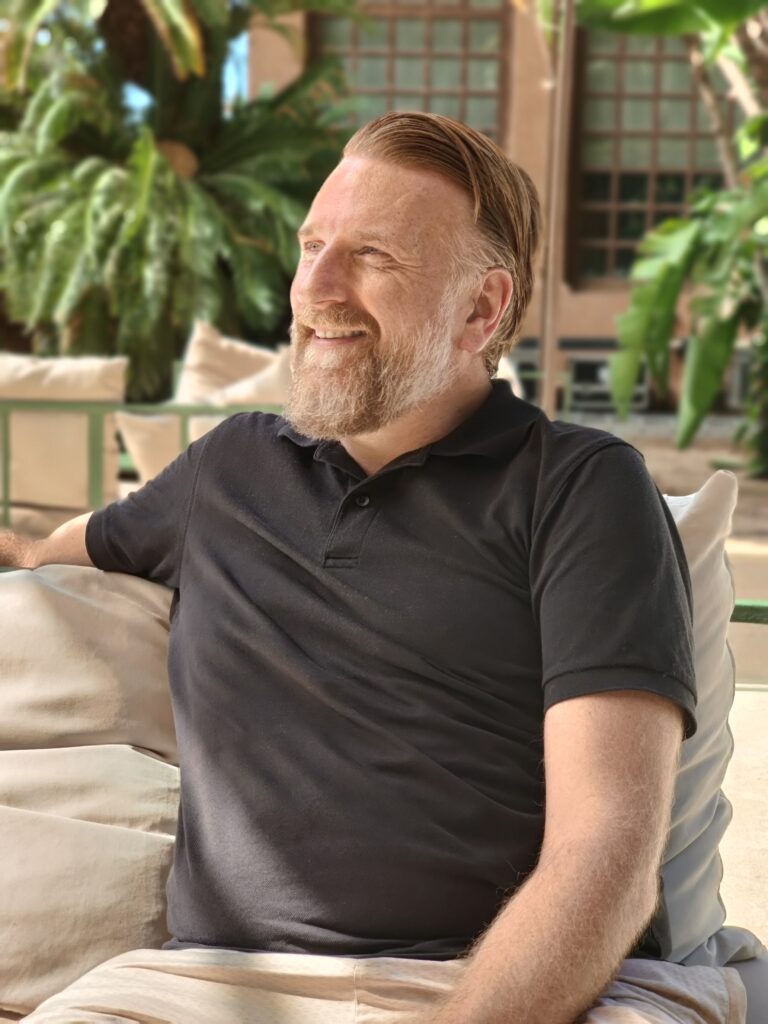
Heiko Giebler
Freie Universität Berlin
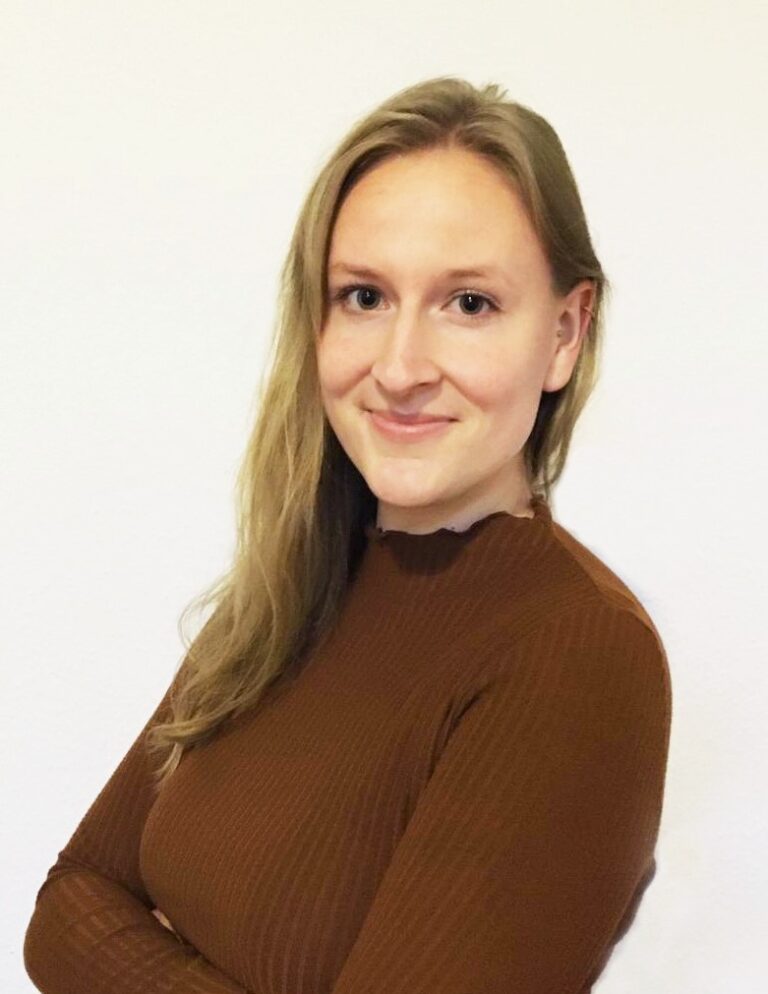
Henrike Sternberg
Technische Universität München
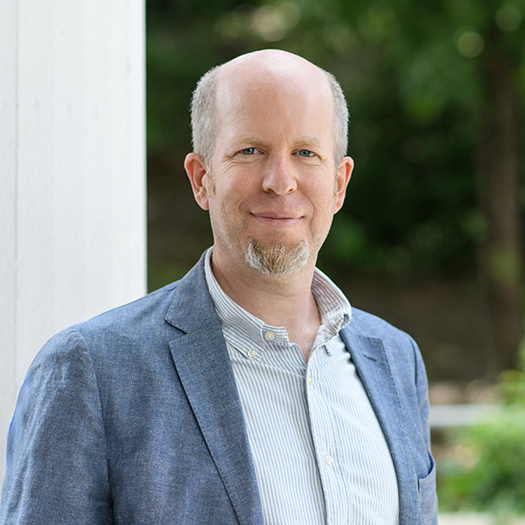
Holger Stichnoth
University of Strasbourg

Irene Pañeda-Fernández
WZB Berlin Social Center
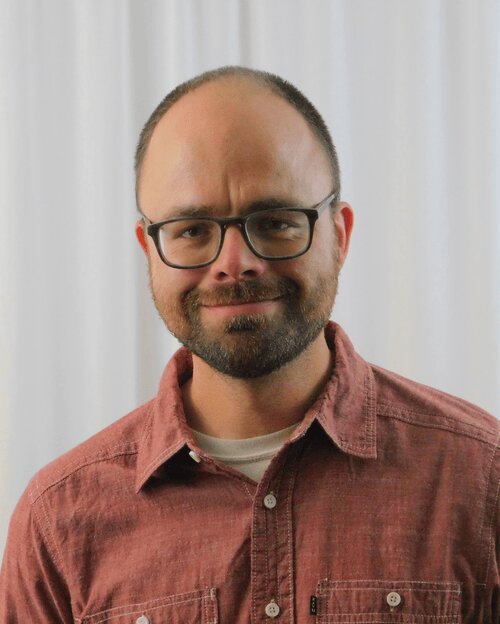
Jack Garigliano
Northwestern University
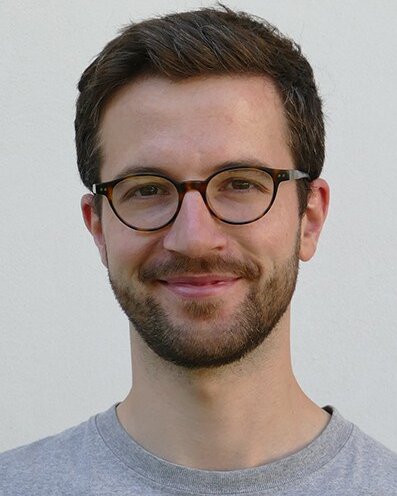
Jan Bachmann
Complexity Science Hub
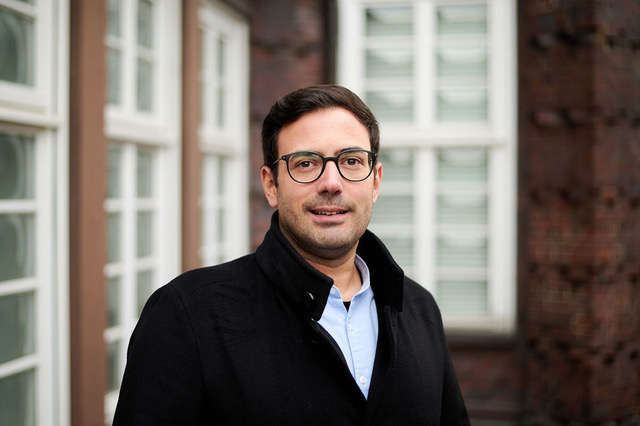
Jan Karem Höhne
Leibniz University Hannover
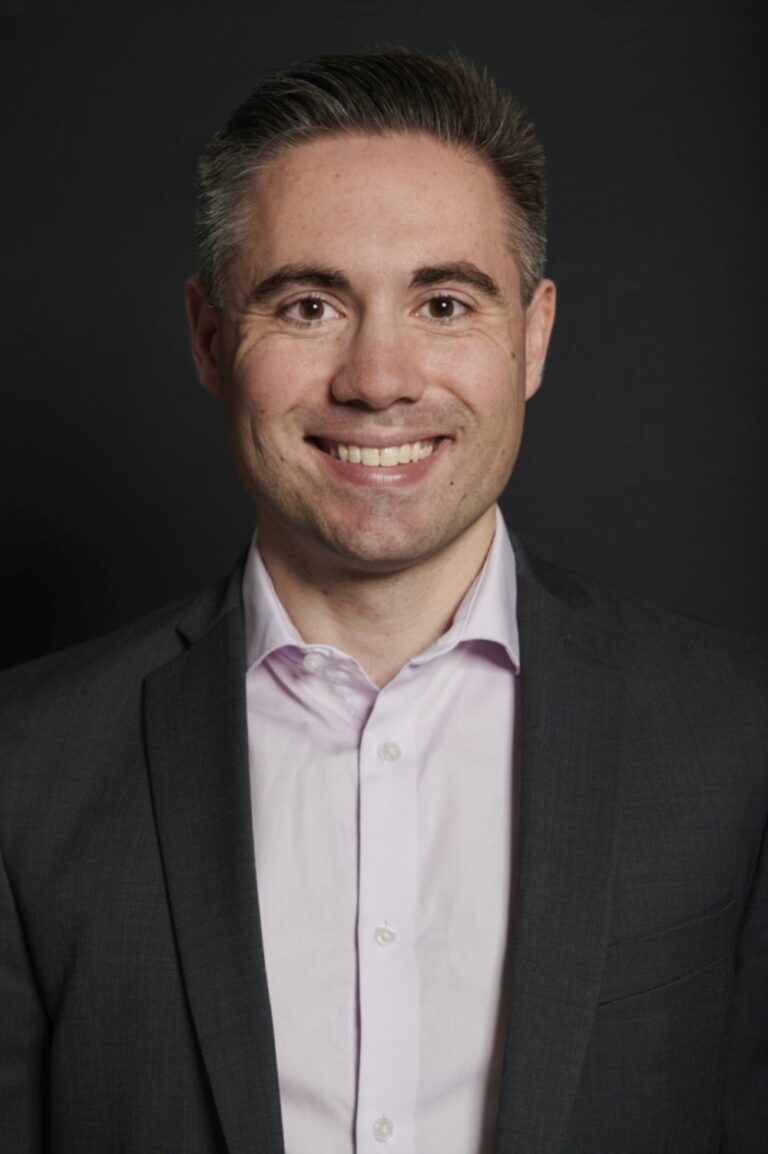
Jan Vogler
Aarhus University
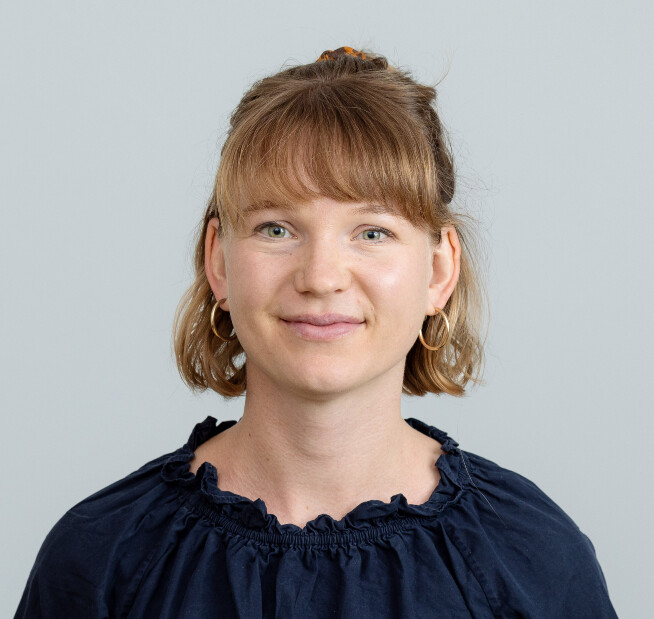
Jana Belschner
University of Bergen

Jana Gomez Diaz
University of Konstanz
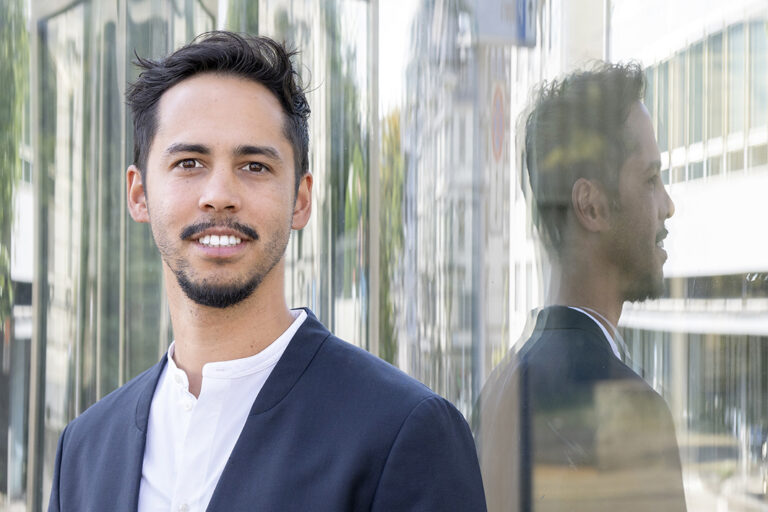
Jeffrey Yusof
University of Stuttgart

Jianghong Li
WZB Social Science Center Berlin
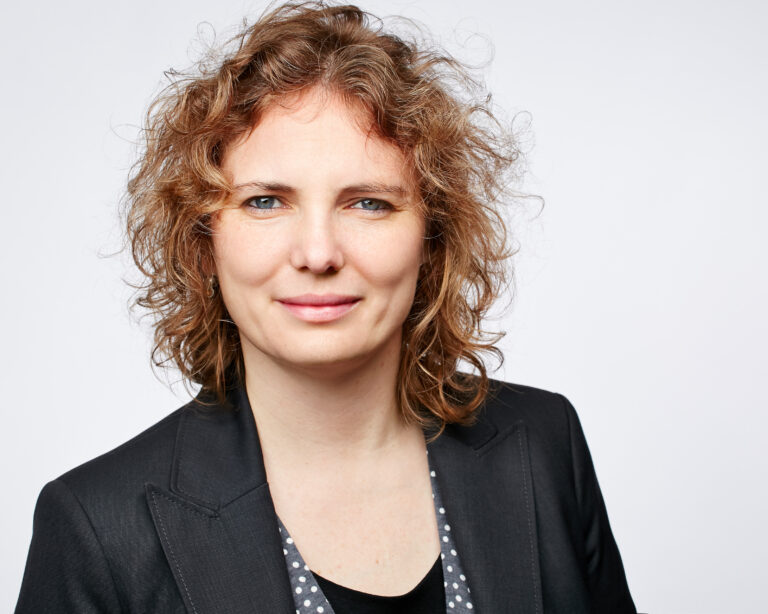
Johanna Gereke
University of Mannheim
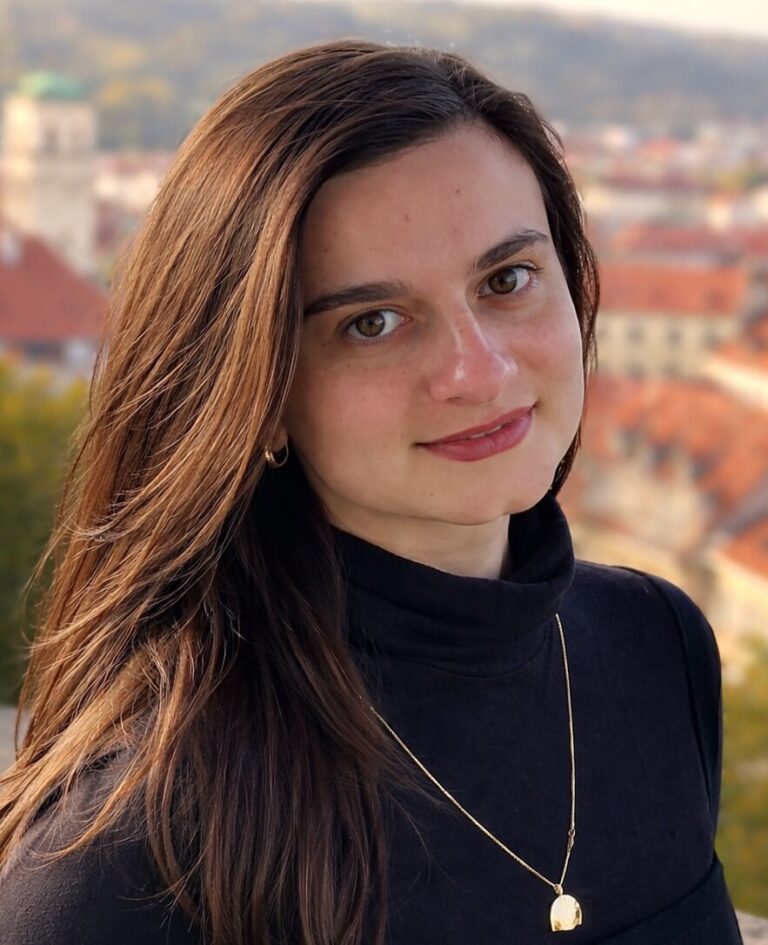
Jona Krutaj
University of Nottingham

Jonathan Mijs
Boston University
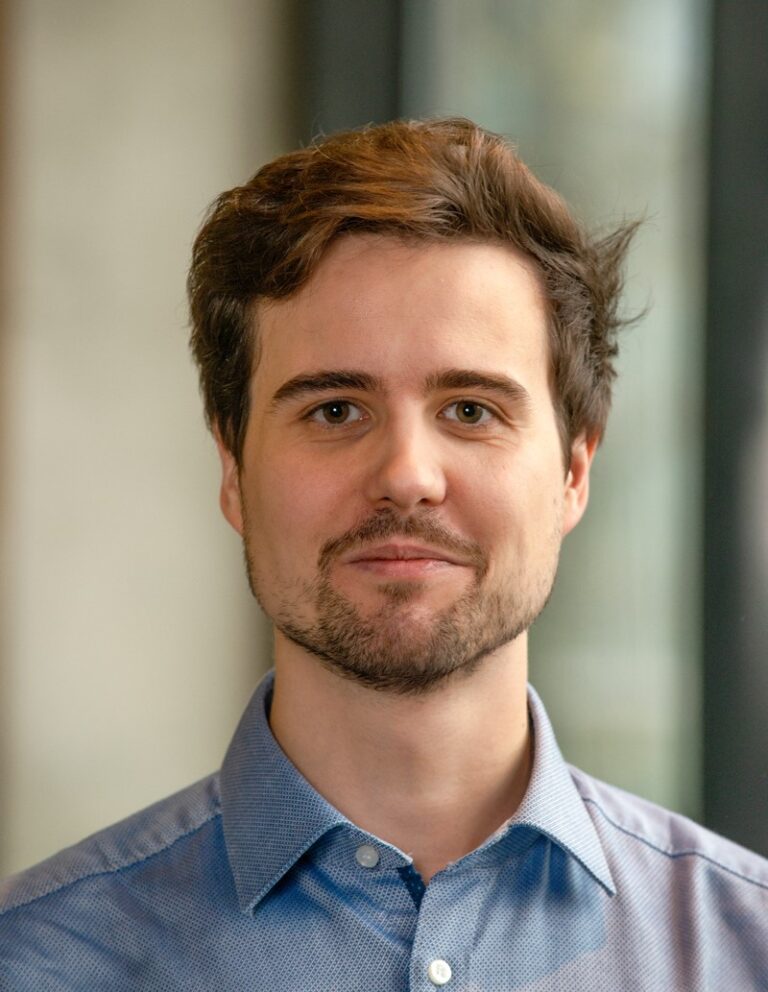
Joris Schröder
University of Nottingham
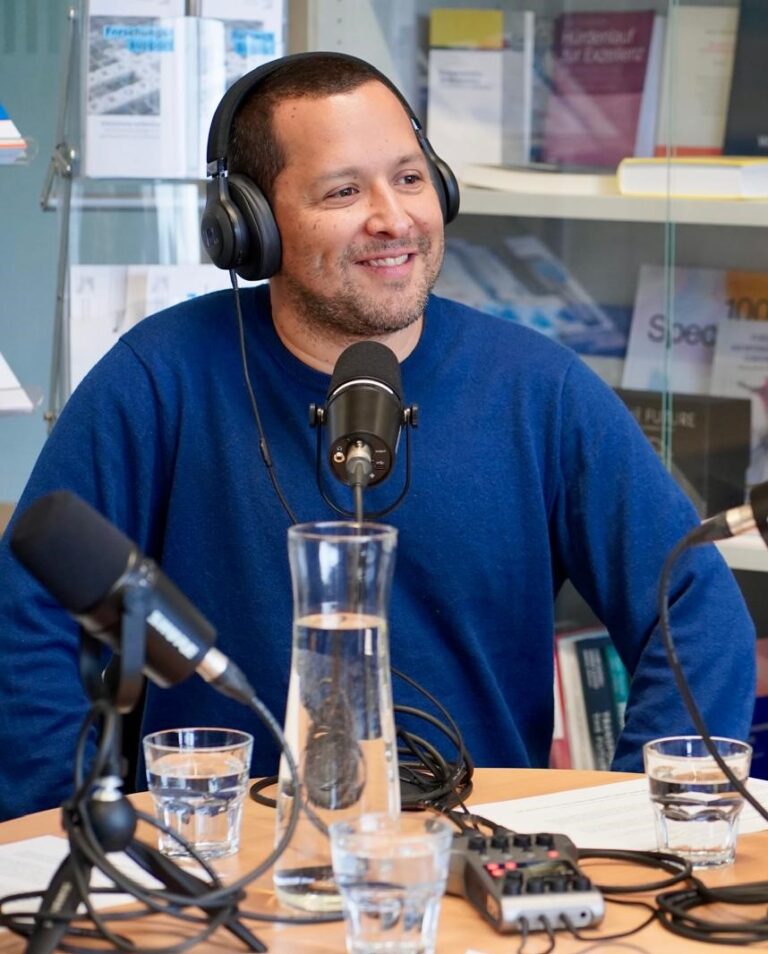
Juan Diego García-Castro
University of Costa Rica
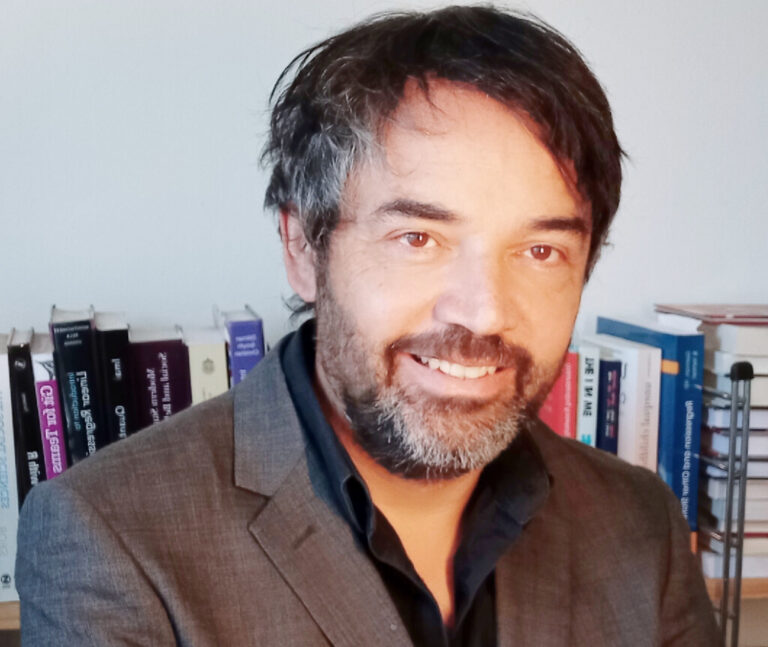
Juan-Carlos Castillo
Universidad de Chile
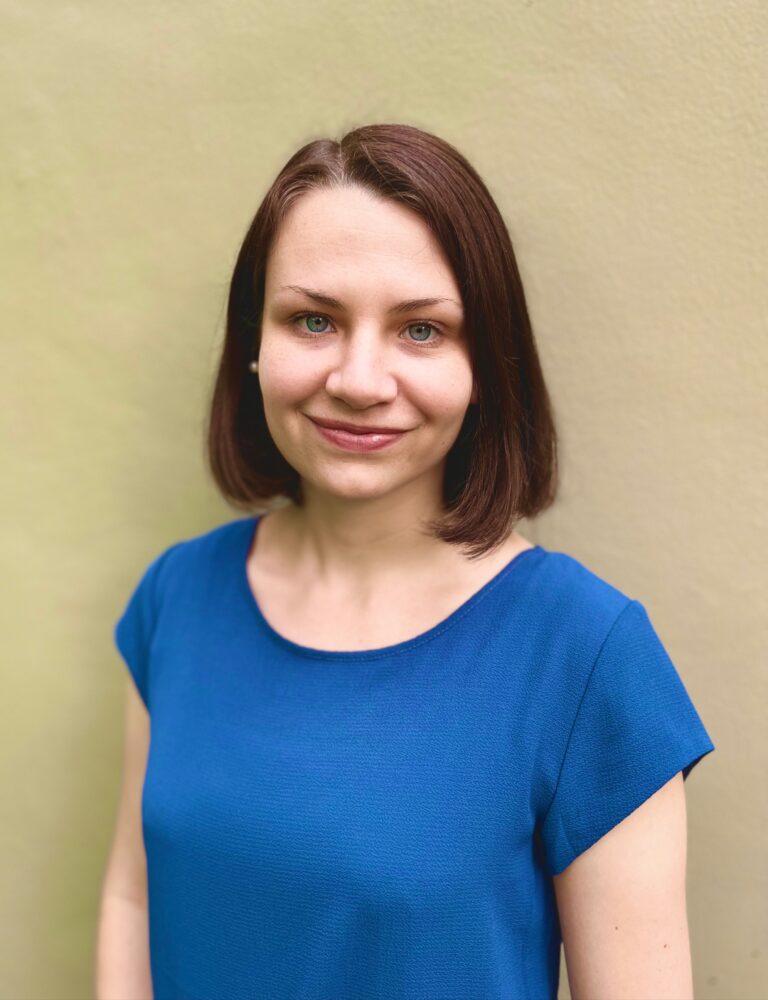
Judith Herrmann
Fraunhofer FIT

Julian Costas Fernandez
University of Surrey
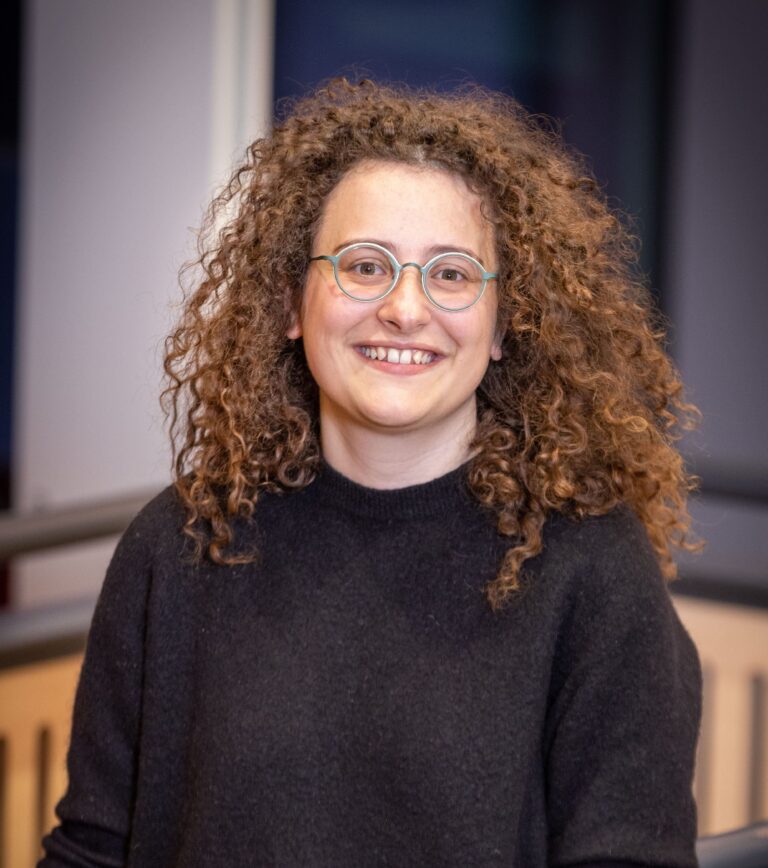
Juliet-Nil Uraz
London School of Economics
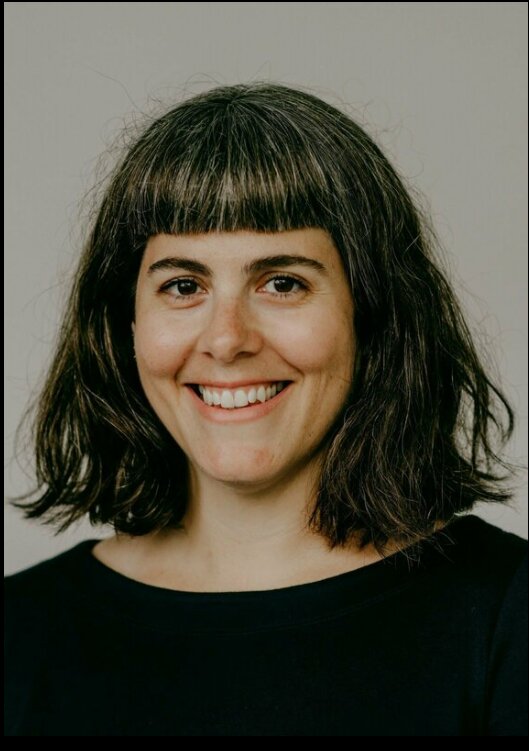
Kattalina Berriochoa
Leuphana University Lüneburg
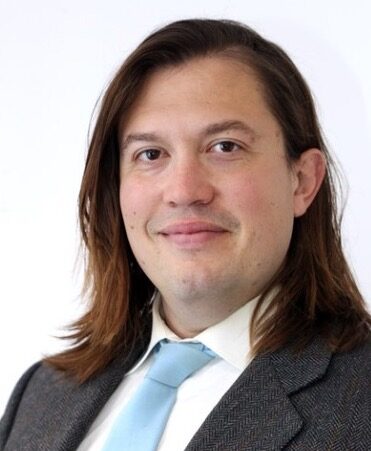
Kevin Munger
European University Institute
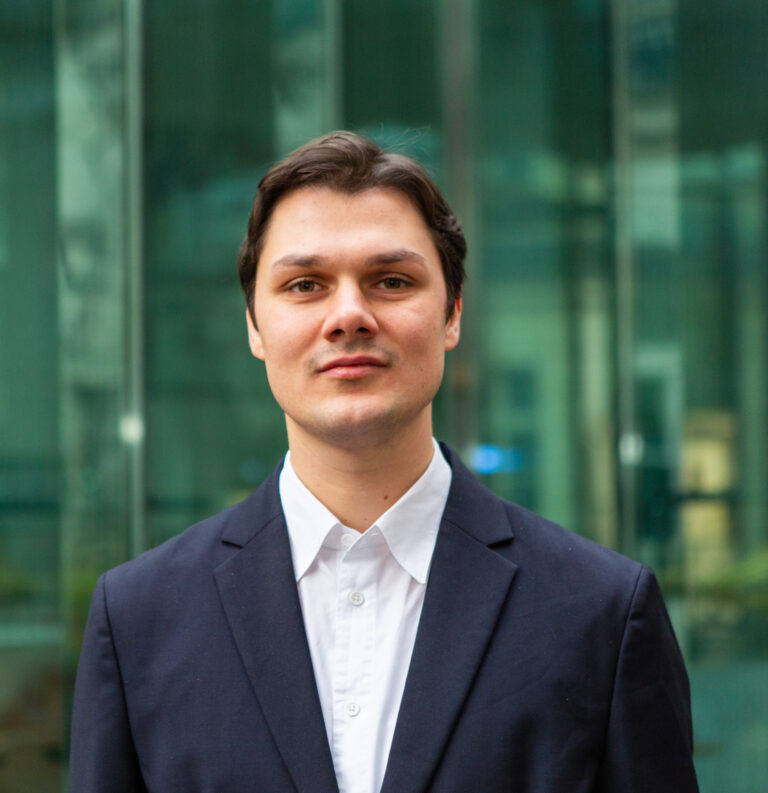
Kilian Weil
Hertie School

Kun Lee
Luxembourg Institute of Socio-Economic Research
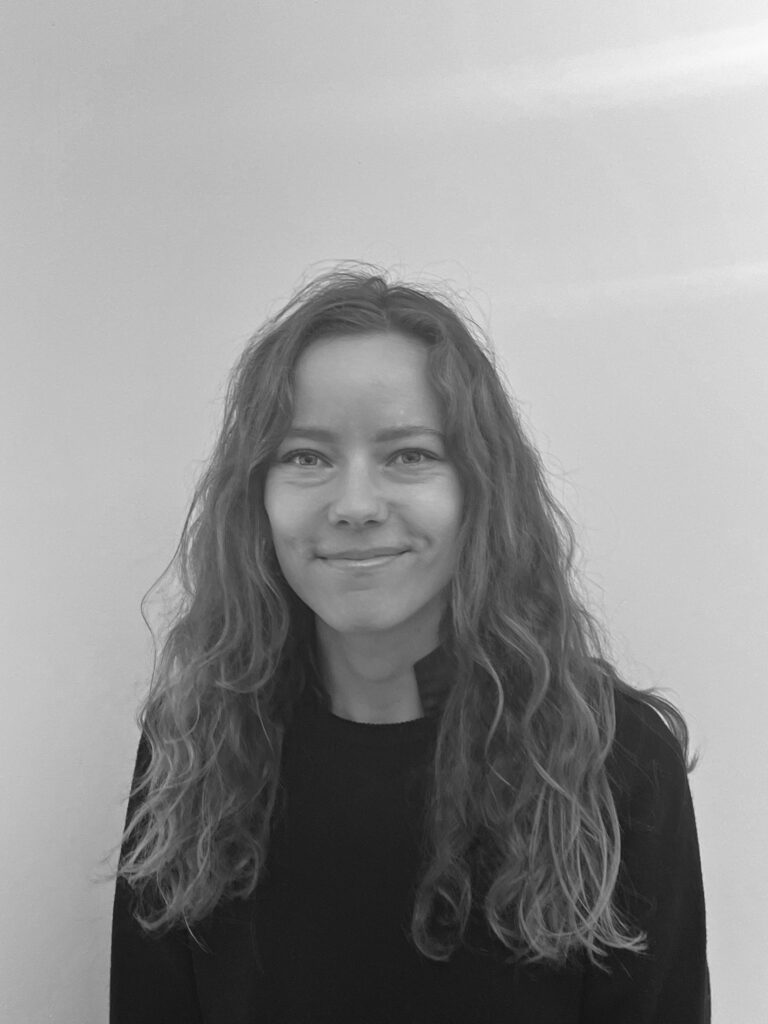
Laura-Sophia Koller
University of Innsbruck

Laurie Schintler
George Mason University
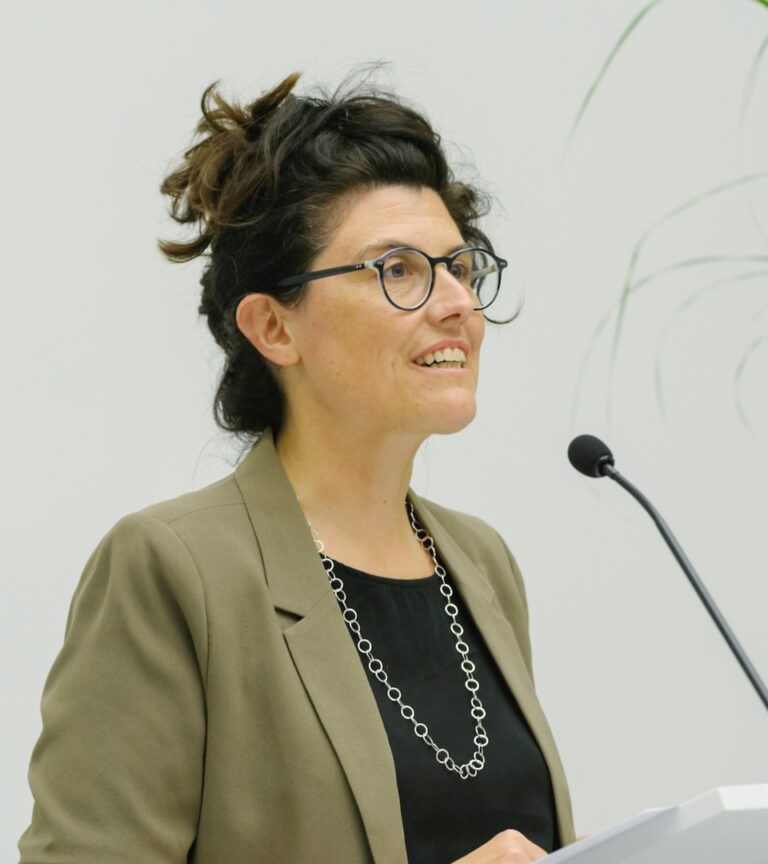
Lena Maria Schaffer
University of Luzern

Lennart Goldemann
University of Konstanz

Leon Küstermann
University of Zurich
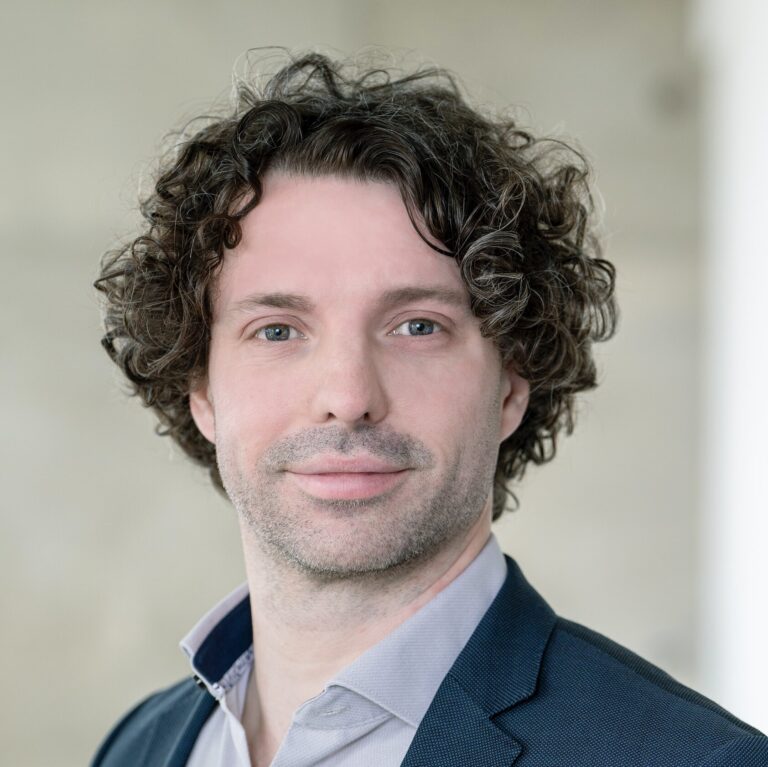
Liam F. Beiser-McGrath
London School of Economics and Political Science

Lisa-Marie Duletzki
University of Duisburg-Essen
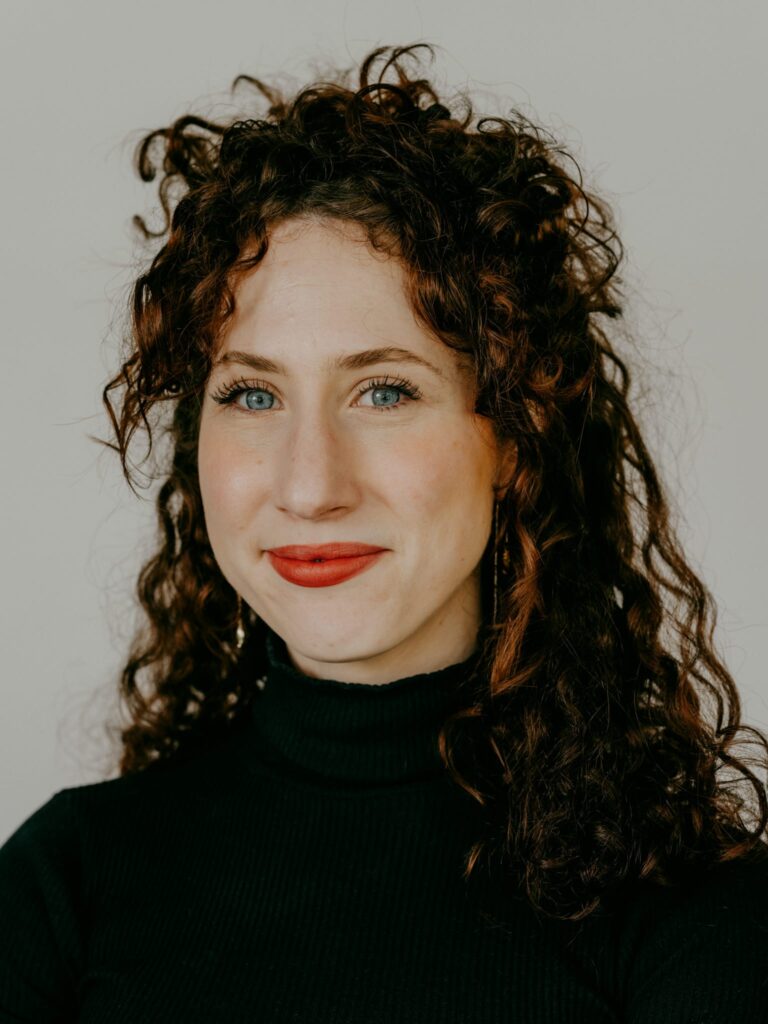
Lotem Halevy
University of Konstanz

Lucas Bütje
University of Konstanz

Lucas Sage
Toulouse School of Economics
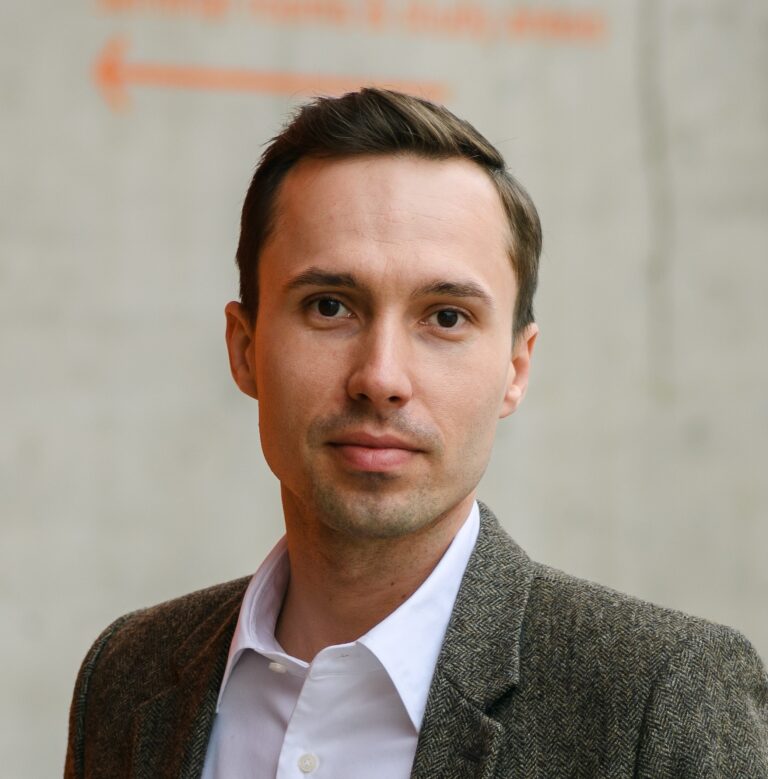
Lukas Lehner
University of Edinburgh
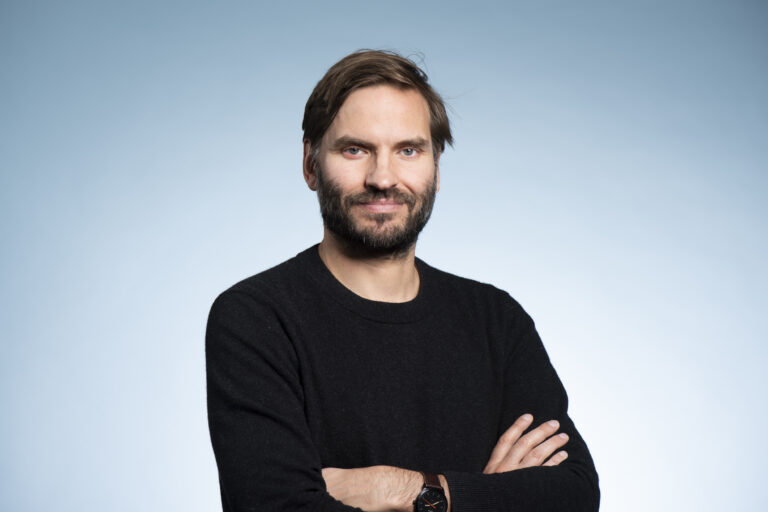
Malte Sandner
TH Nürnberg
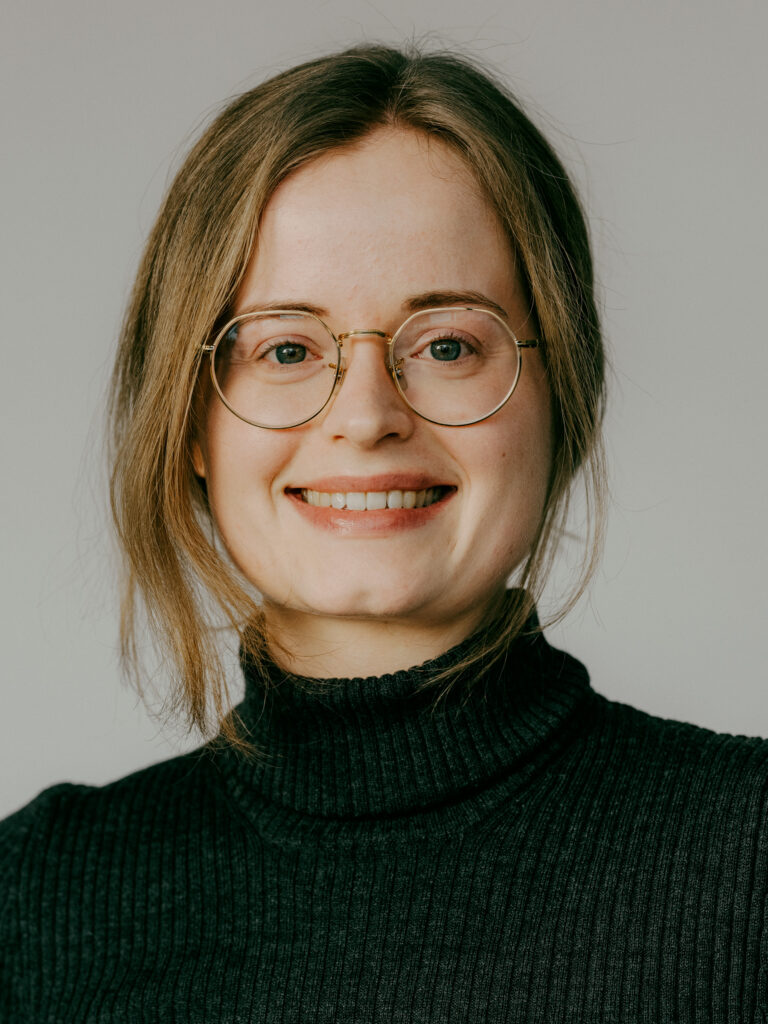
Maren Lüdecke
University of Konstanz
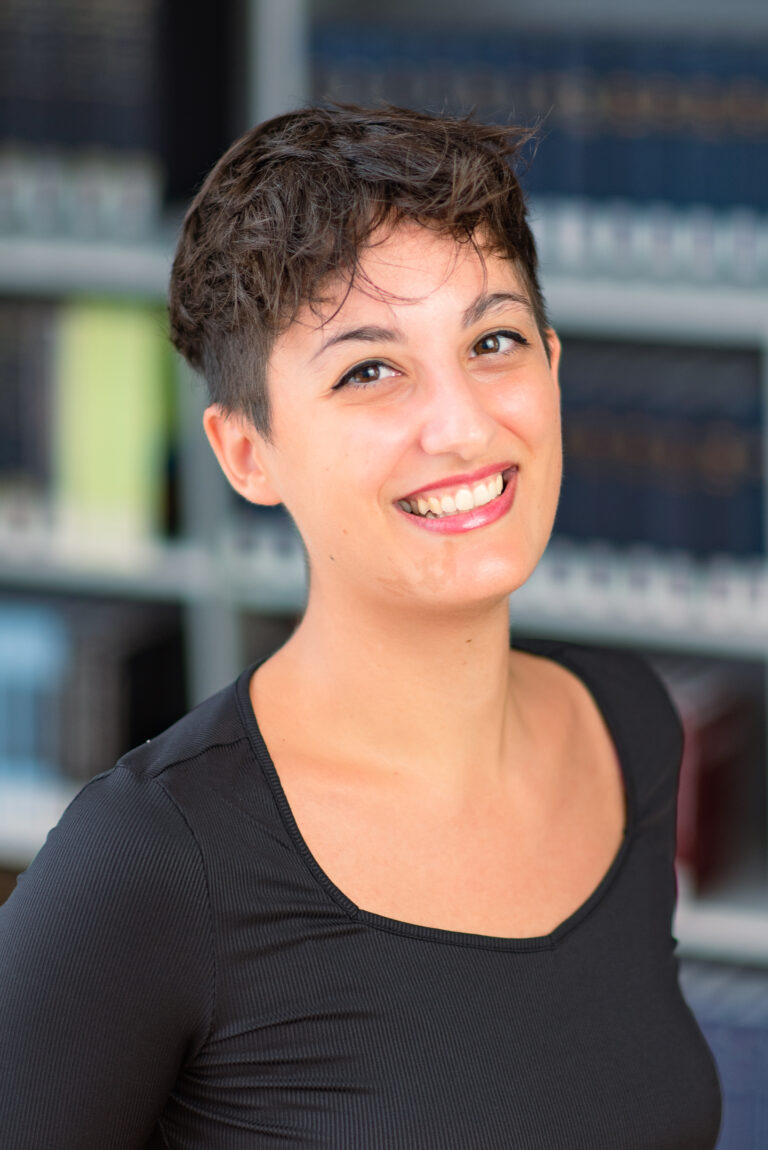
Margherita Cusmano
Max-Planck-Institute for the Study of Religious and Ethnic Diversity
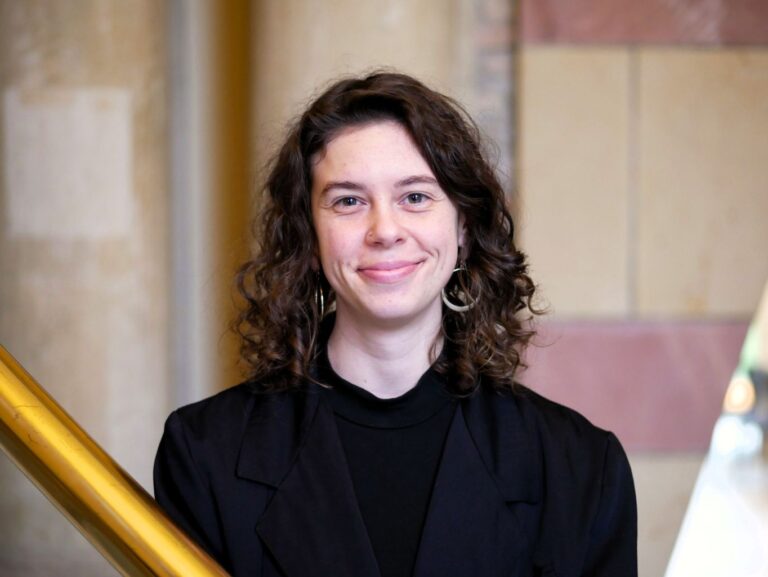
Marica Miglio
European University Institute

Marie Lou Hartmann
University of Bamberg

Markéta Spitzerová
Czech Academy of Sciences

Markus Kollberg
Humboldt University Berlin
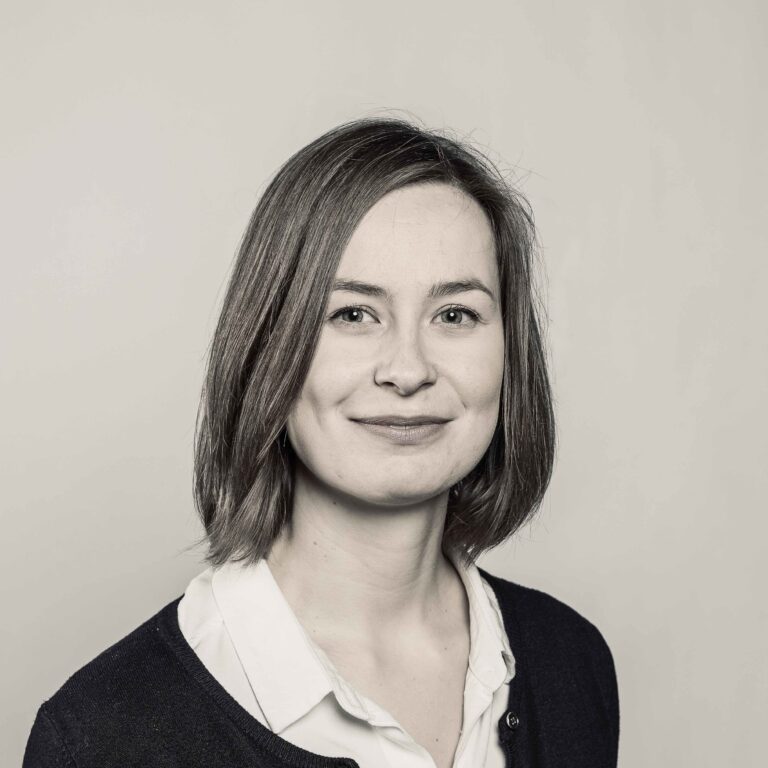
Mathilde Maria van Ditmars
University of Milan
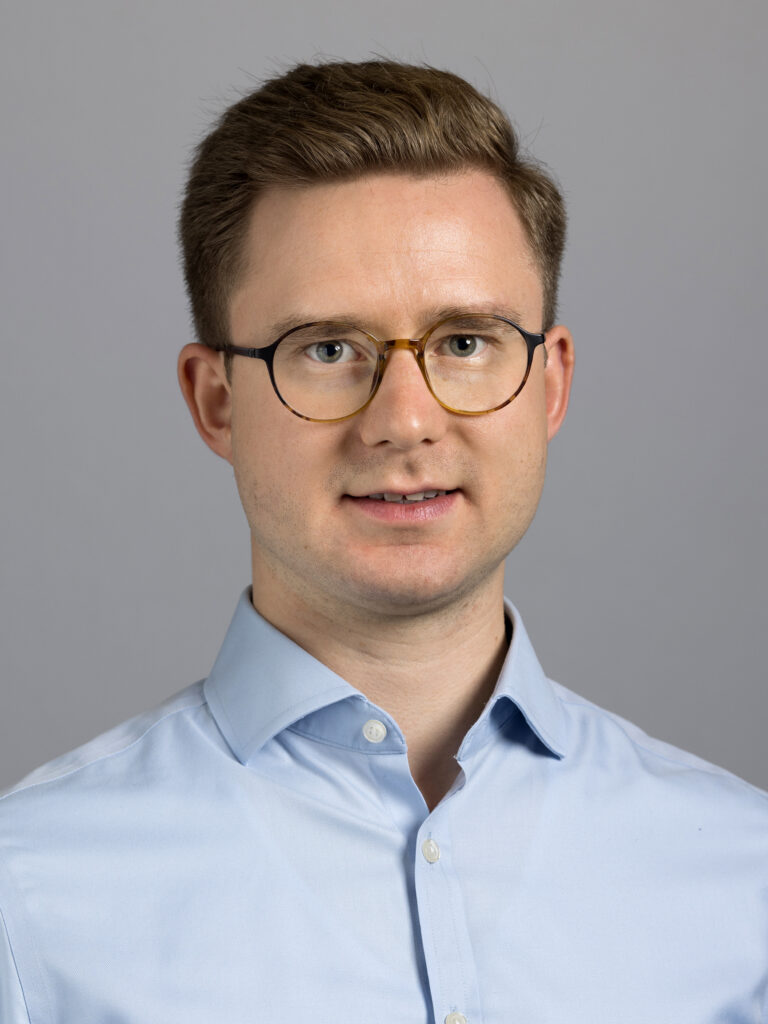
Matthias Haslberger
University of St. Gallen
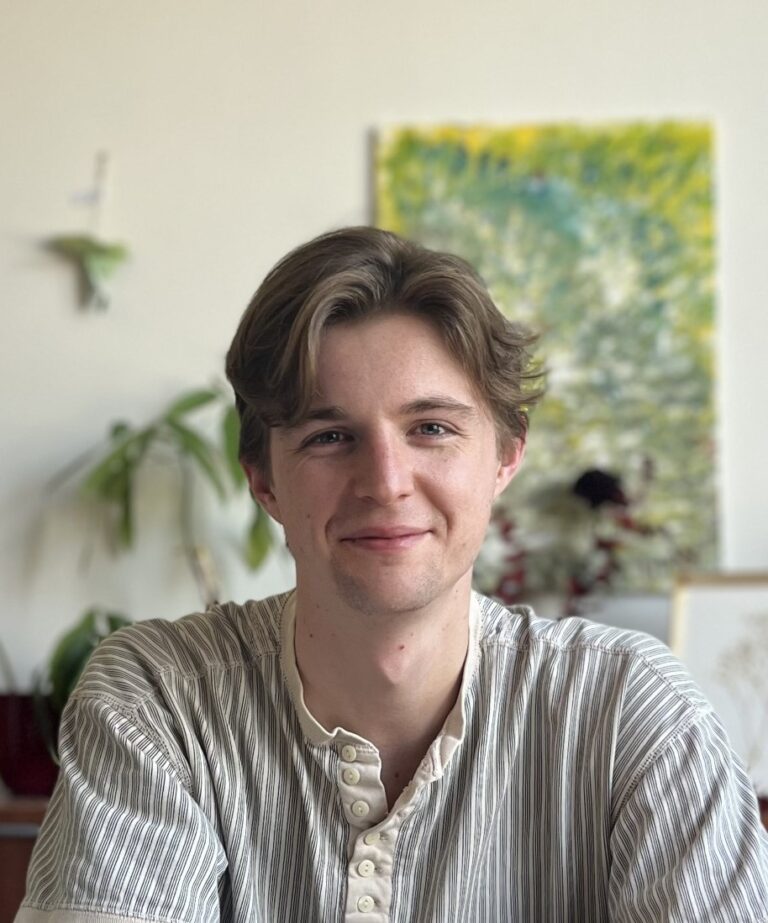
Matthijs Gillissen
KU Leuven
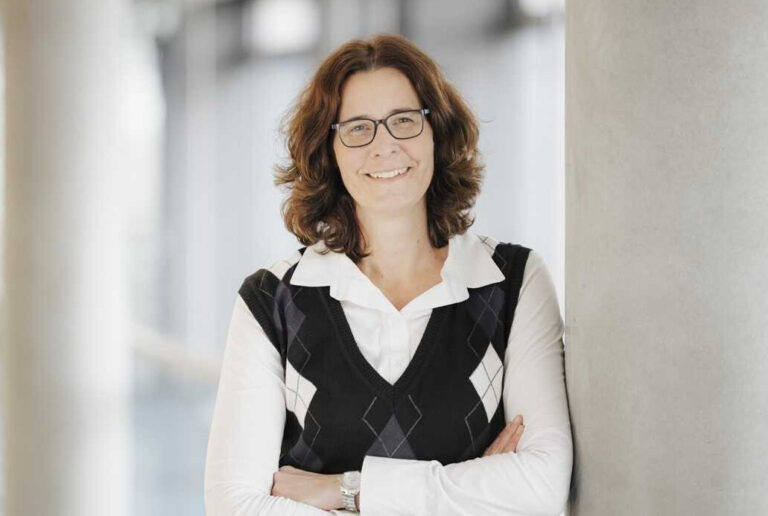
Melanie Arntz
Institute for Employment Research (IAB)
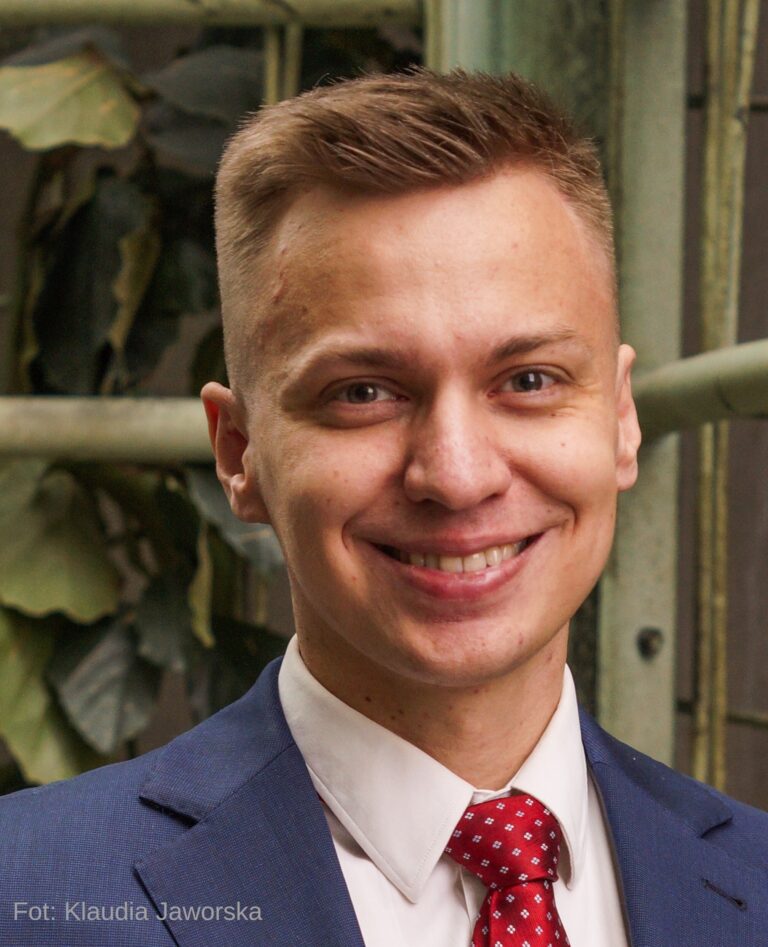
Michał Gulczyński
European University Institute
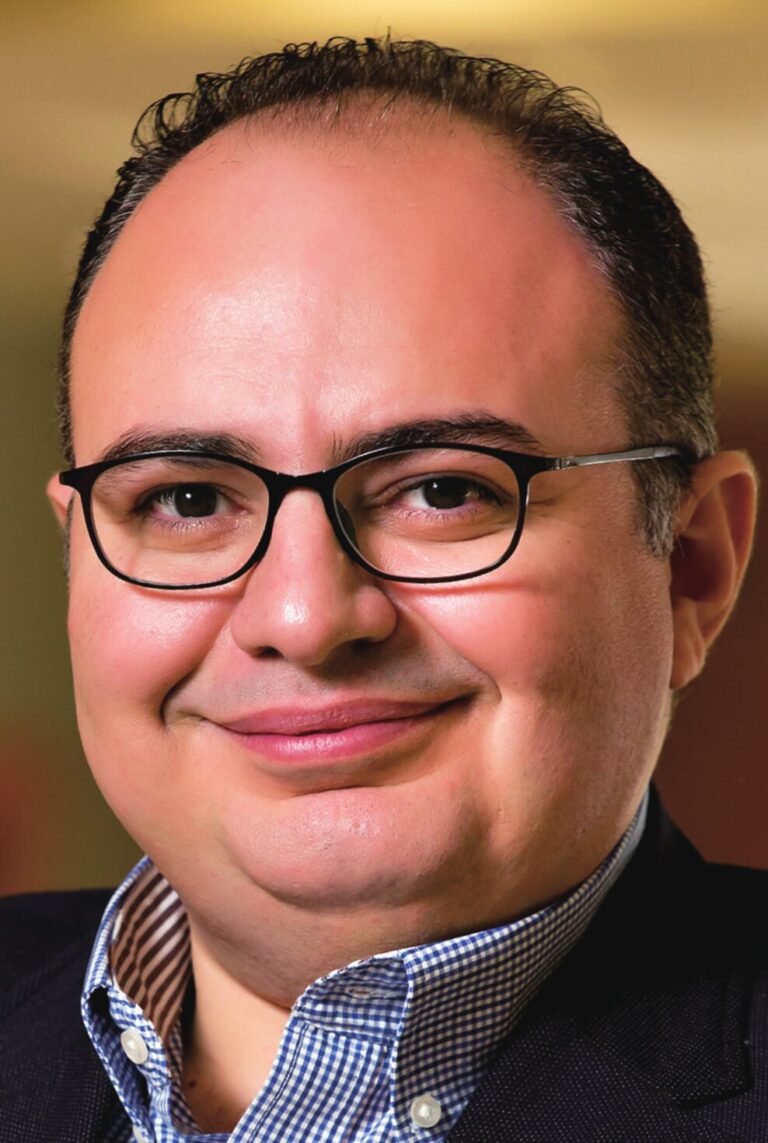
Moamen Gouda
Hankuk University of Foreign Studies
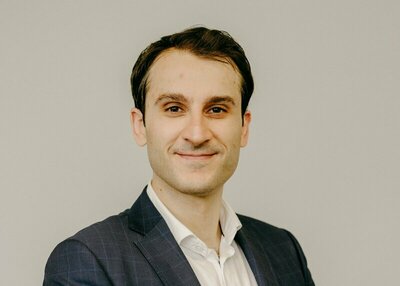
Moath Hussien
University of Konstanz

Moritz Drechsel-Grau
LMU Munich
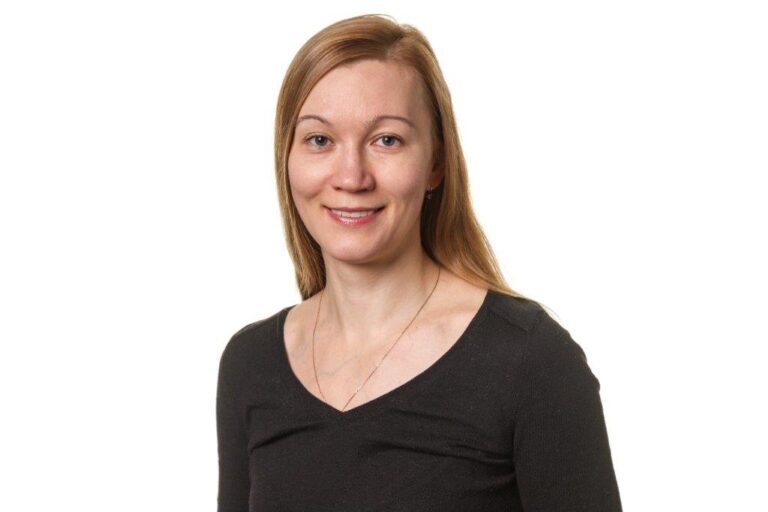
Natalia Khorunzhina
Copenhagen Business School
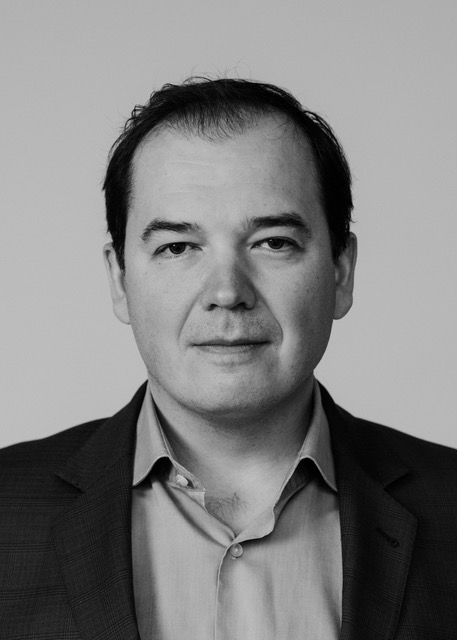
Nick Zubanov
University of Konstanz
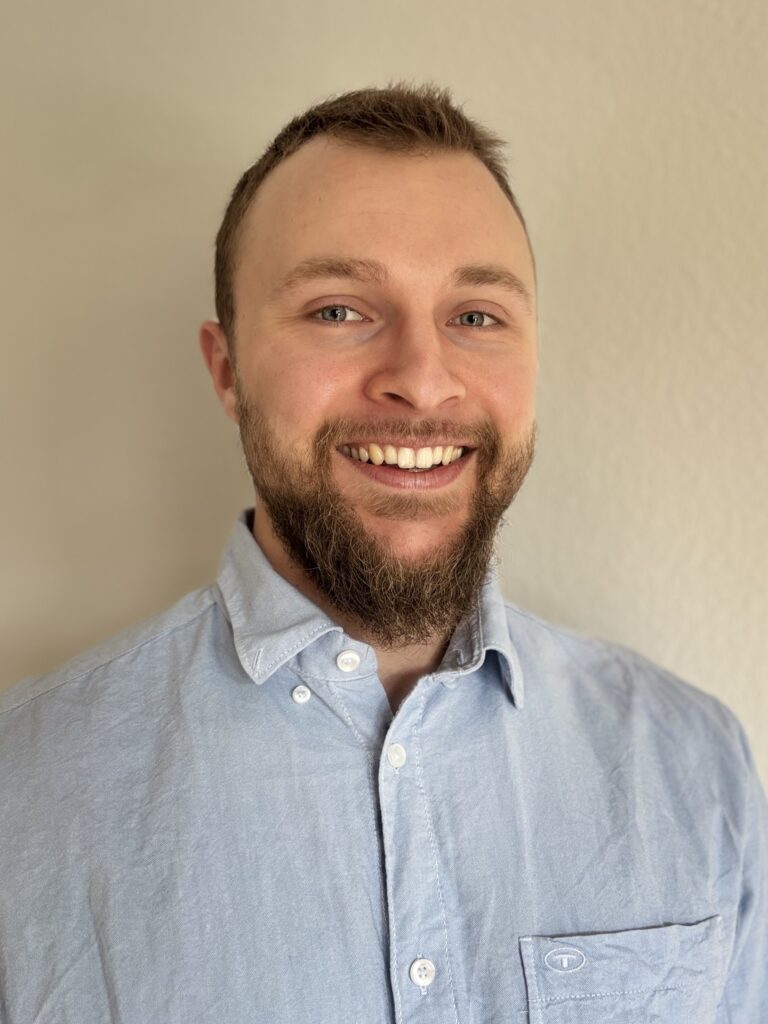
Nico Seegis
TH Nuremberg
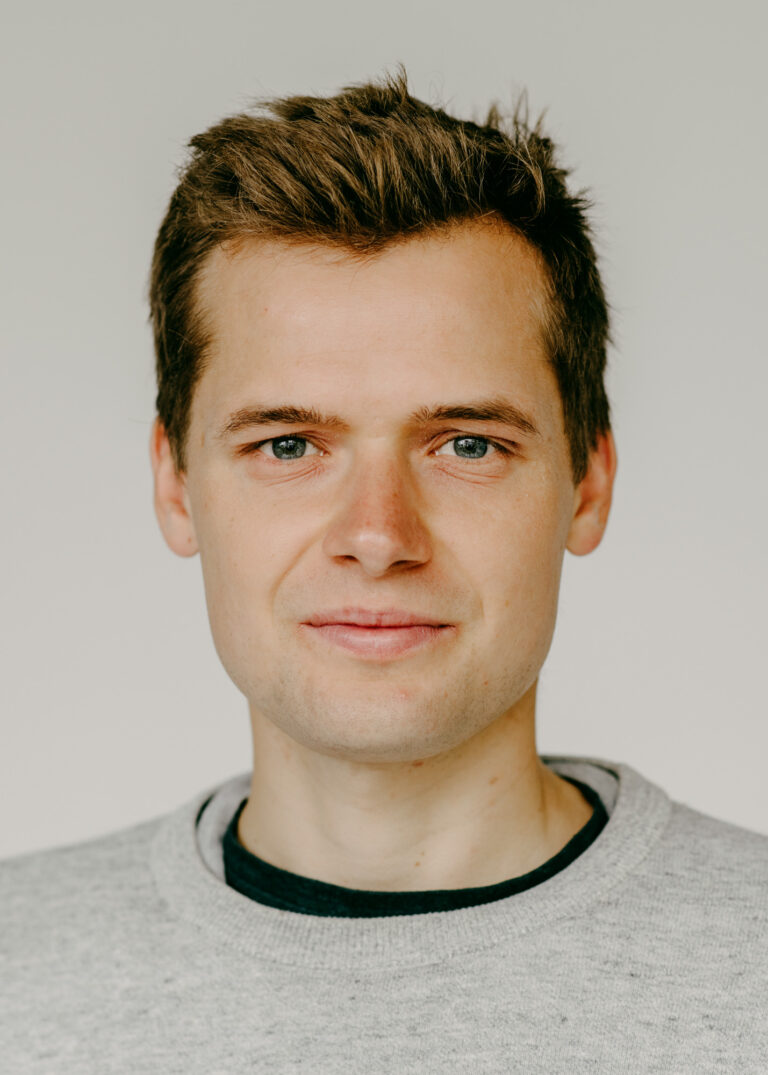
Niklas Hänze
University of Konstanz
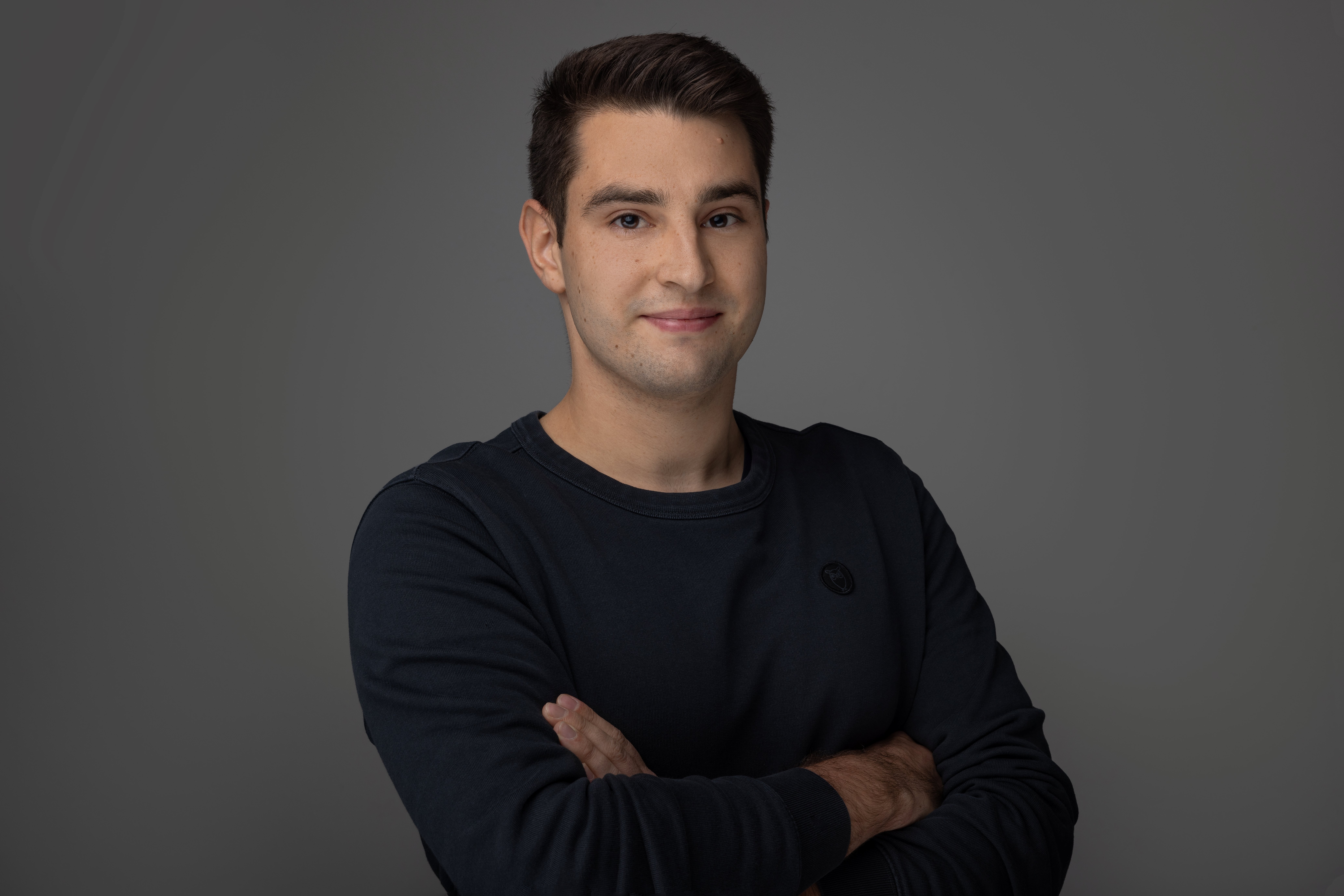
Niklas Vetterer
University of Konstanz
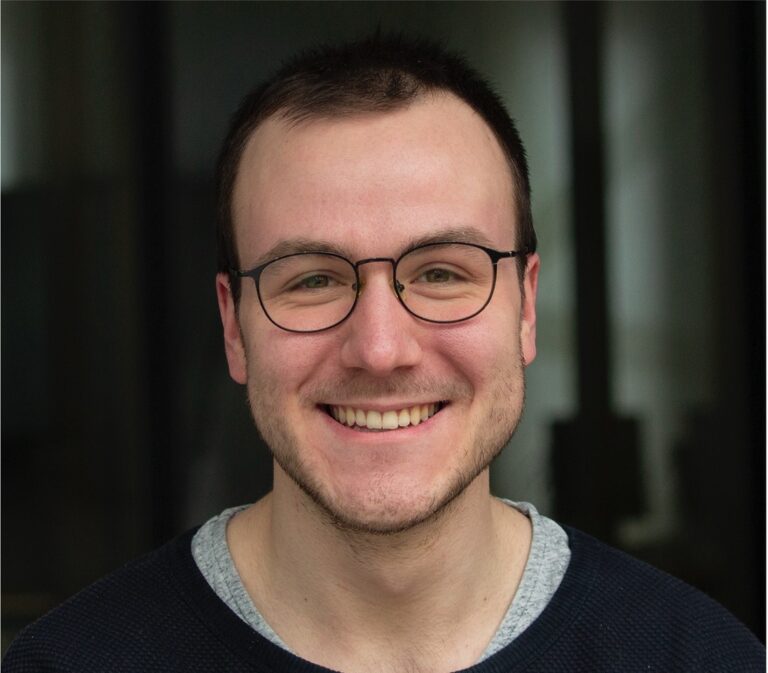
Nils Blossey
University of Cologne
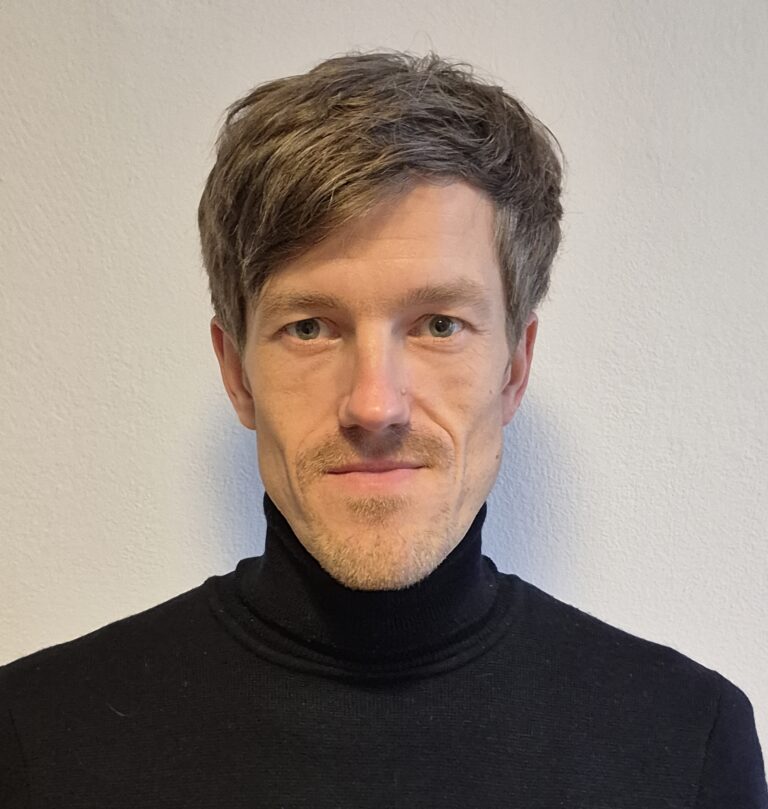
Nils Witte
Federal Institute for Population Research (BiB)
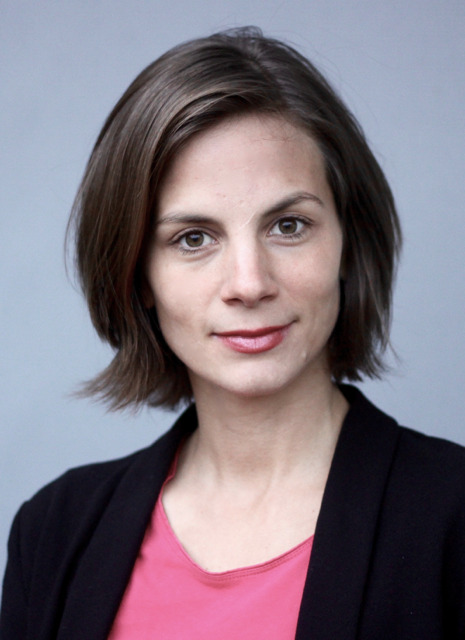
Nina von Uexkull
University of Konstanz
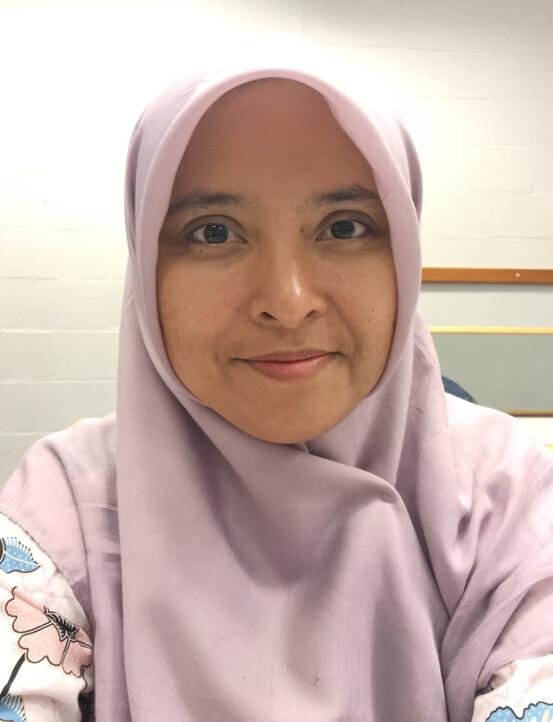
Nugraheni Kusumaningsih
University of Western Australia
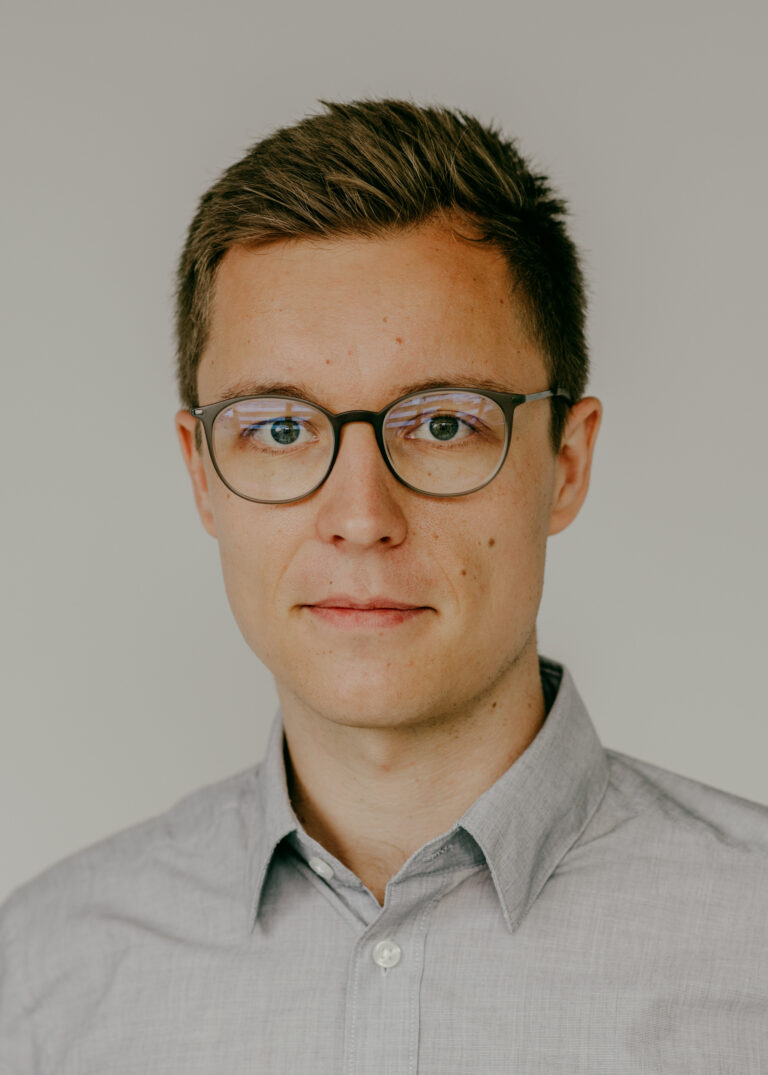
Ole Brüggemann
European University Institute
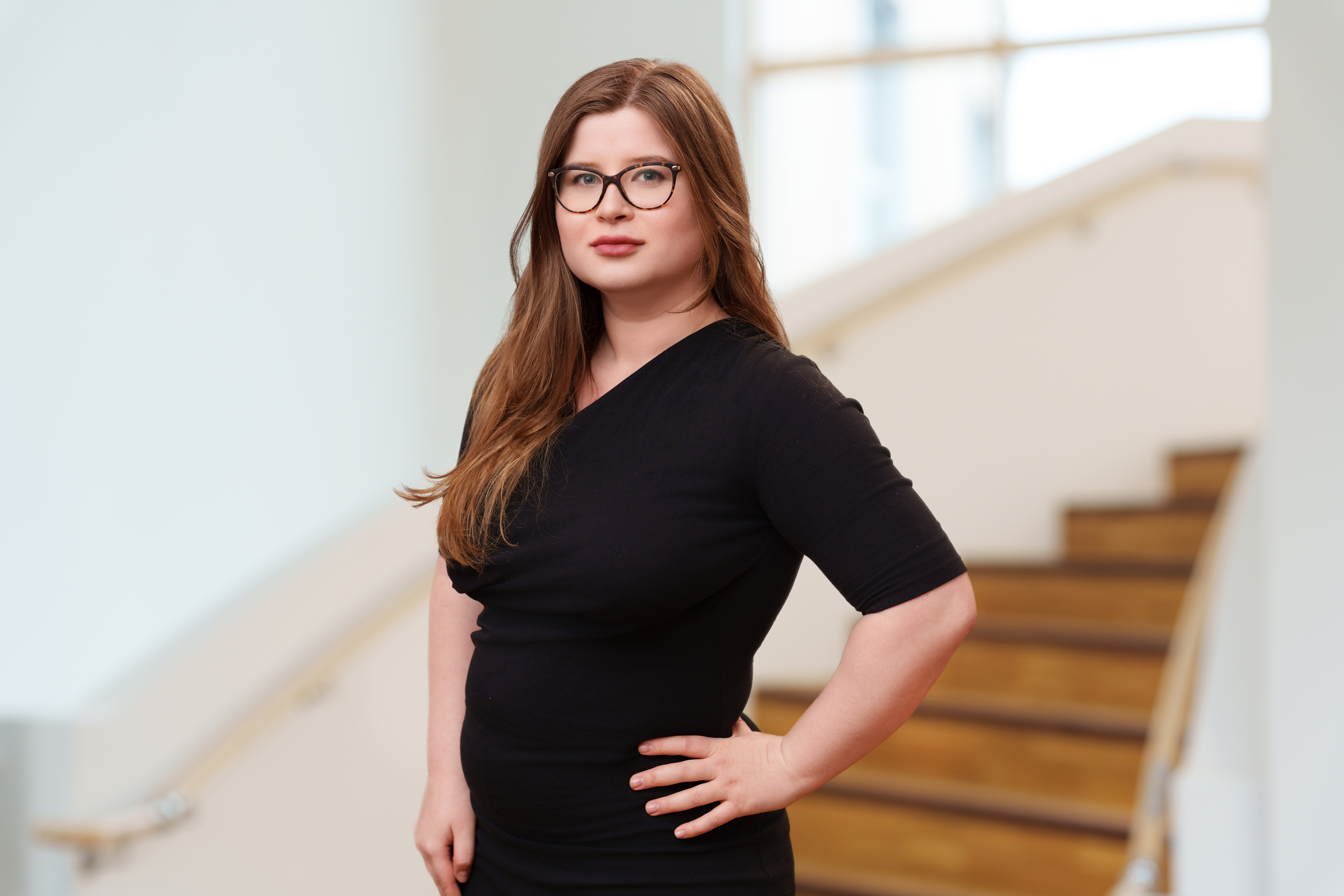
Olga Jerjomina
Witten/Herdecke University
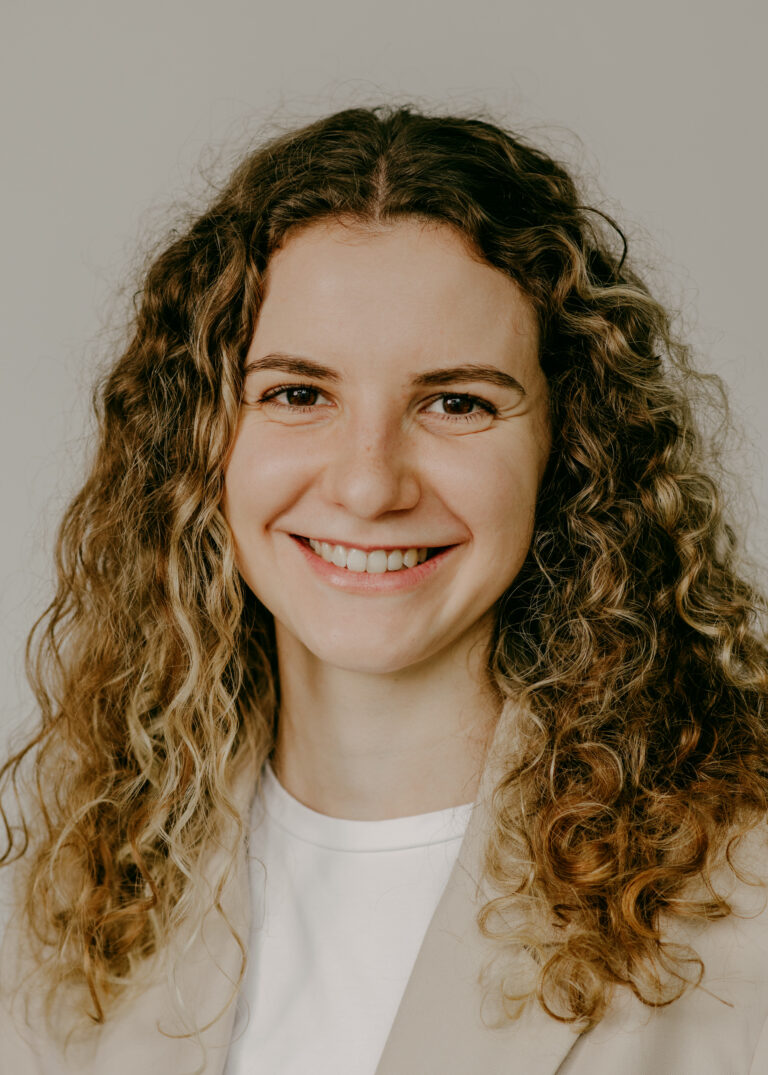
Olga Leshchenko
University of Konstanz

Øyvind Wiborg
University of Oslo
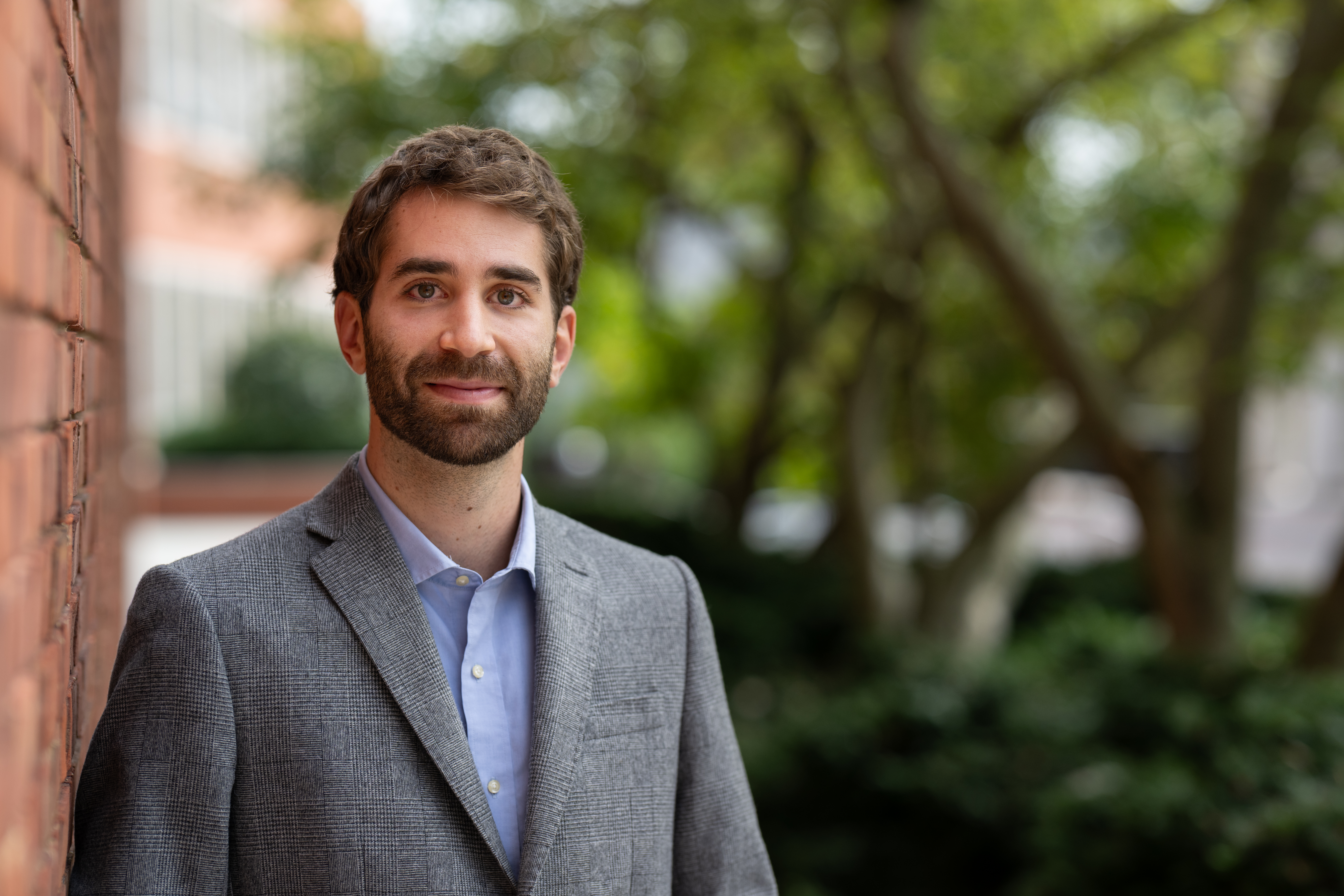
Paolo Agnolin
Princeton University
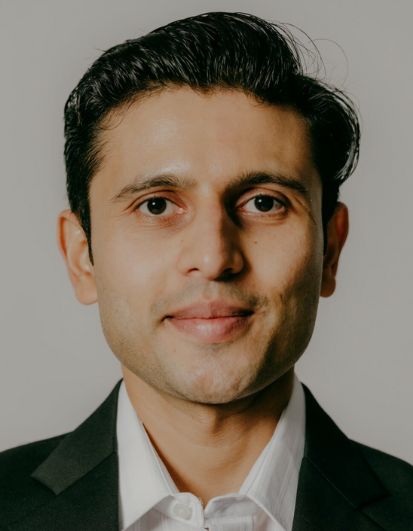
Prateek Chandra Bhan
University of Konstanz

Reto Mitteregger
Humboldt University Berlin
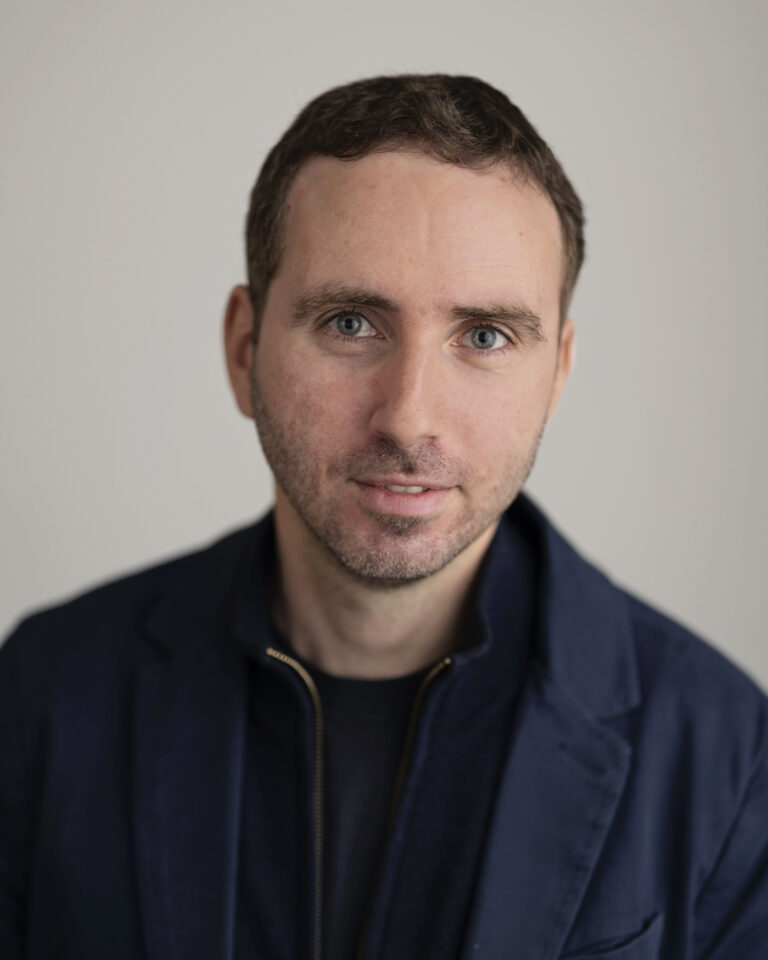
Roberto Iacono
Norwegian University of Science and Technology
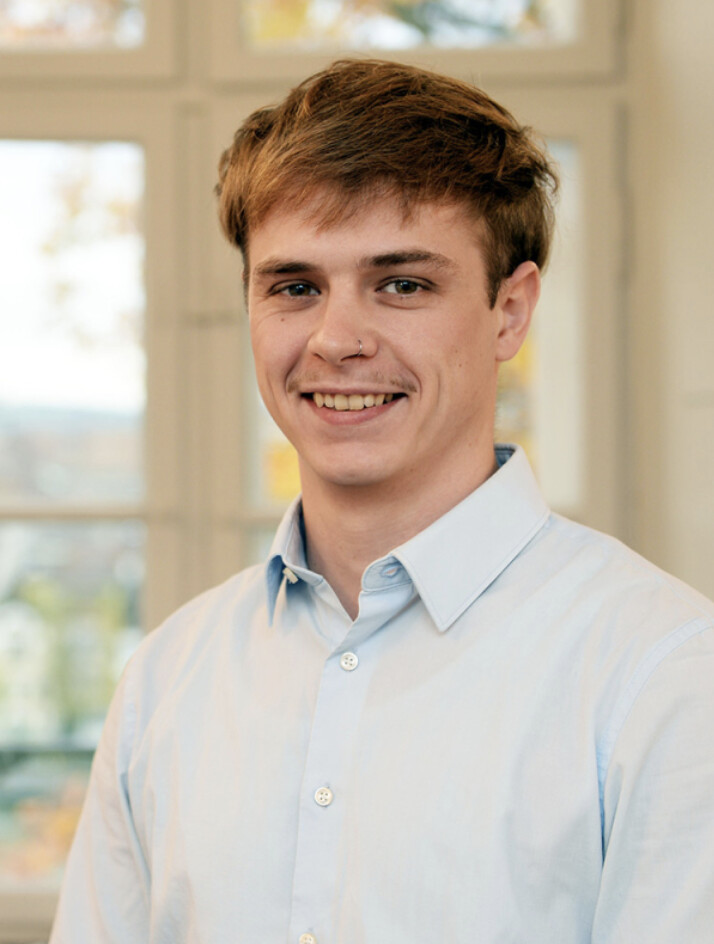
Robin Weisser
University of Basel

Sandra Walzenbach
University of Konstanz
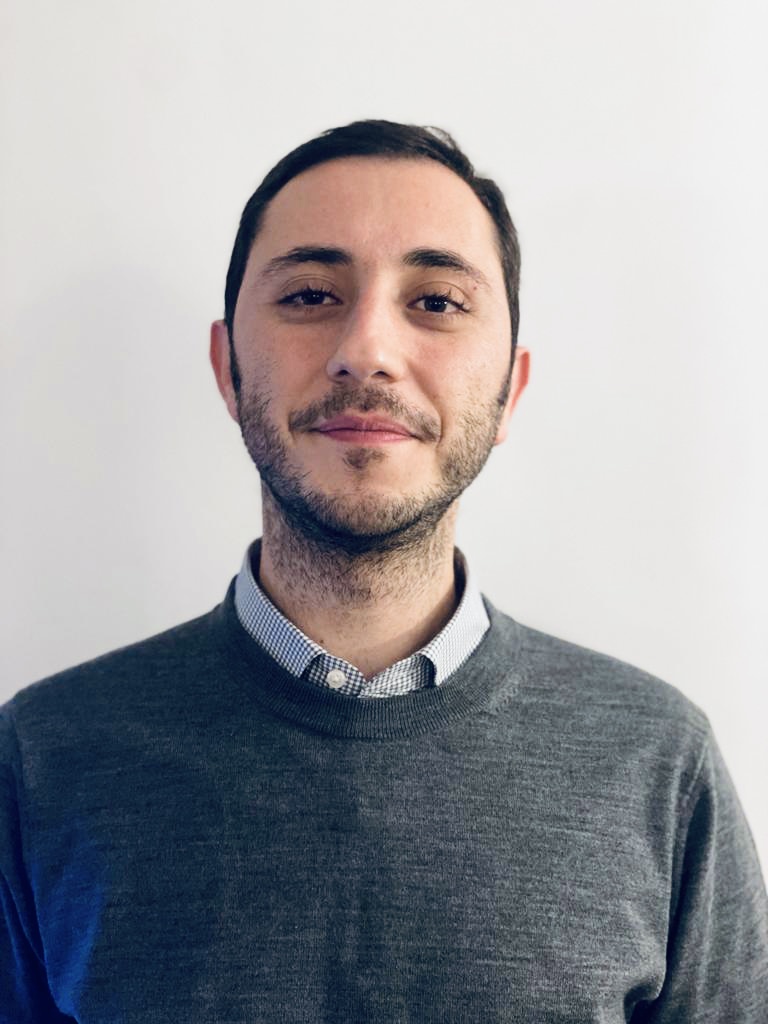
Selçuk Bedük
University of Oxford
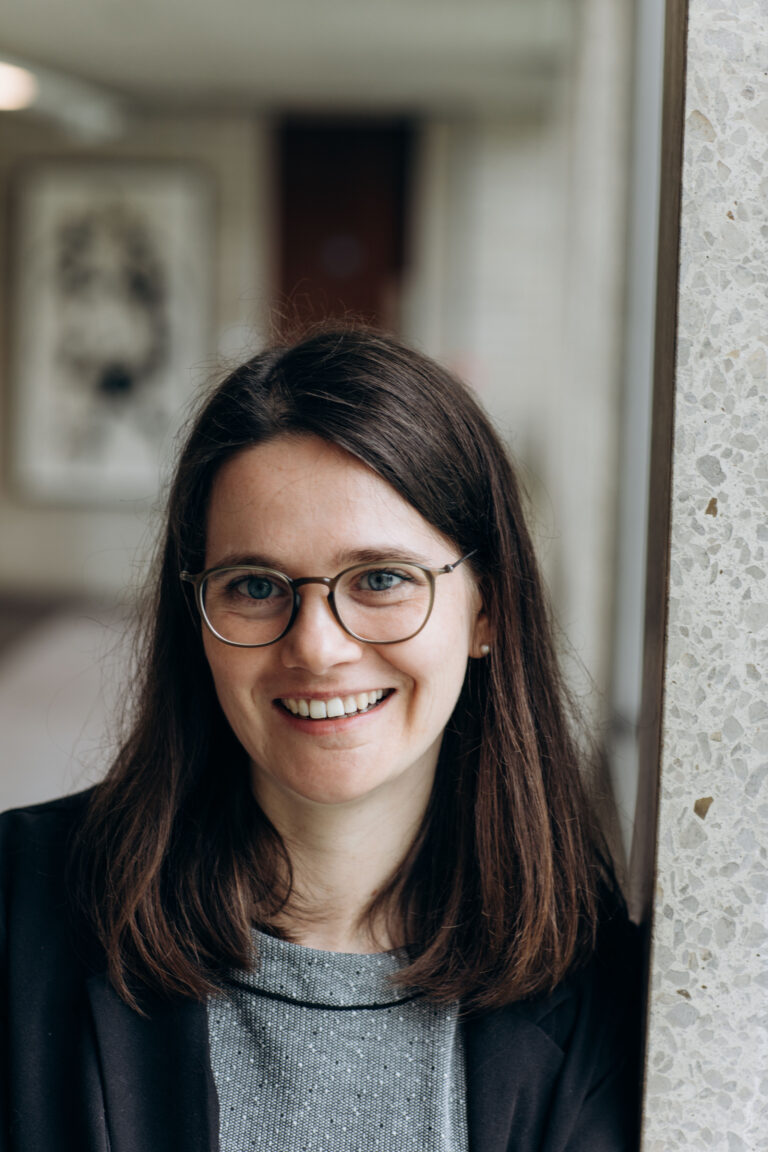
Sofie R. Waltl
University of Cambridge
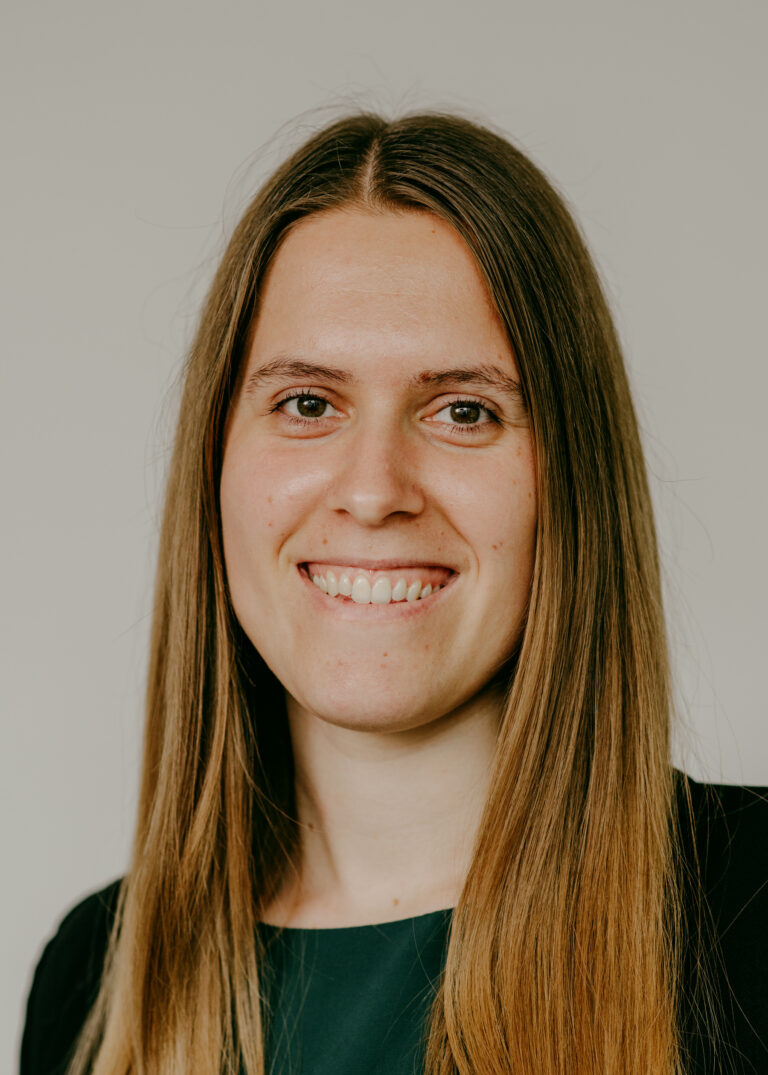
Sophia Stutzmann
Sciences Po Paris
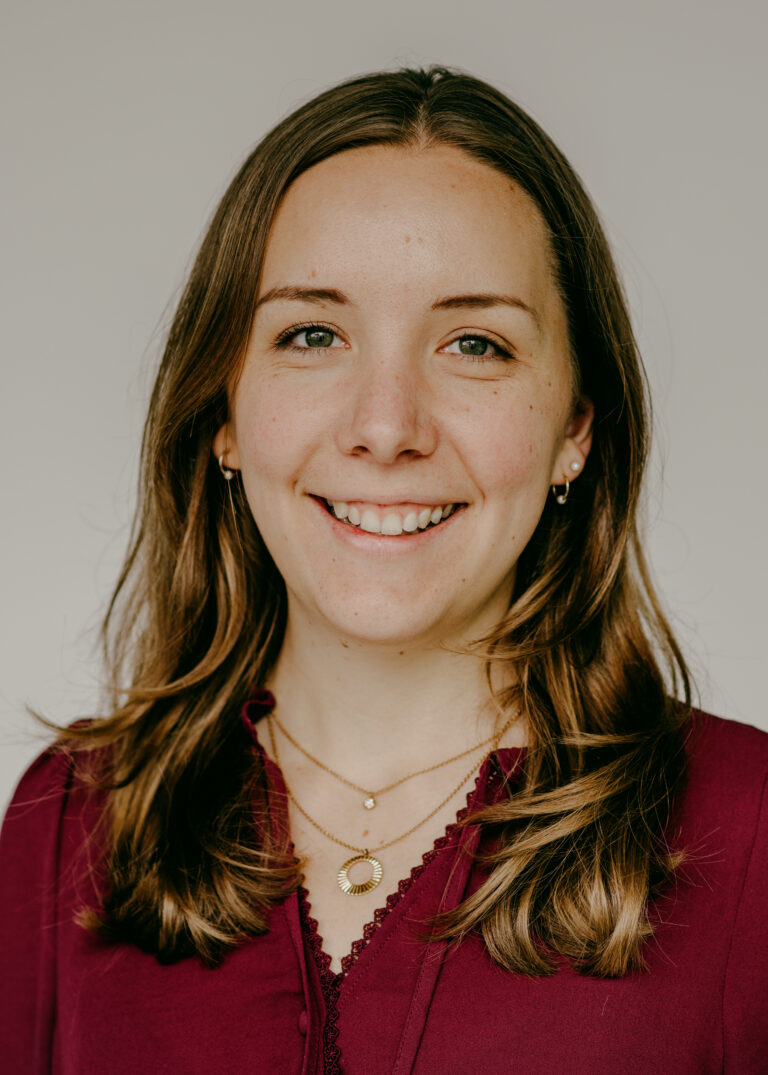
Sophie Moser
University of Konstanz
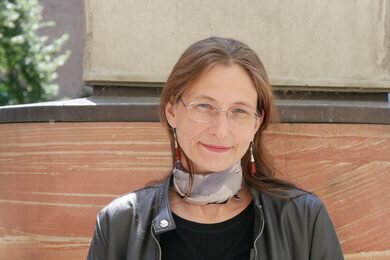
Stefani Scherer
Trento University
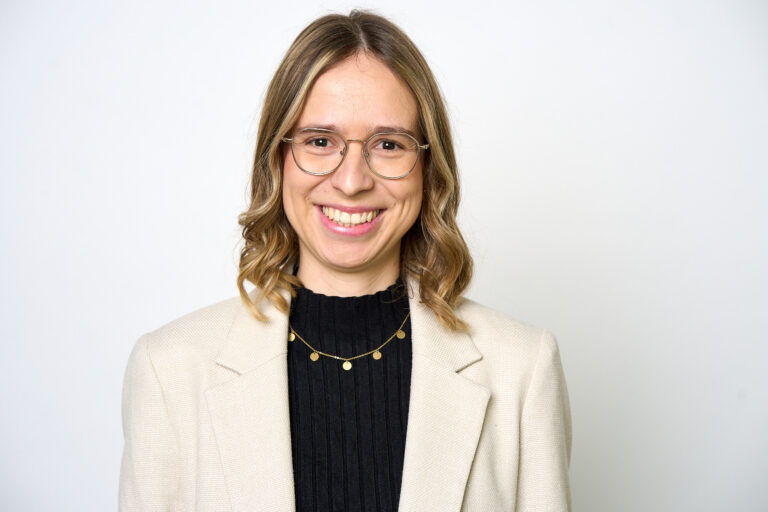
Stefanie Rueß
Zeppelin University
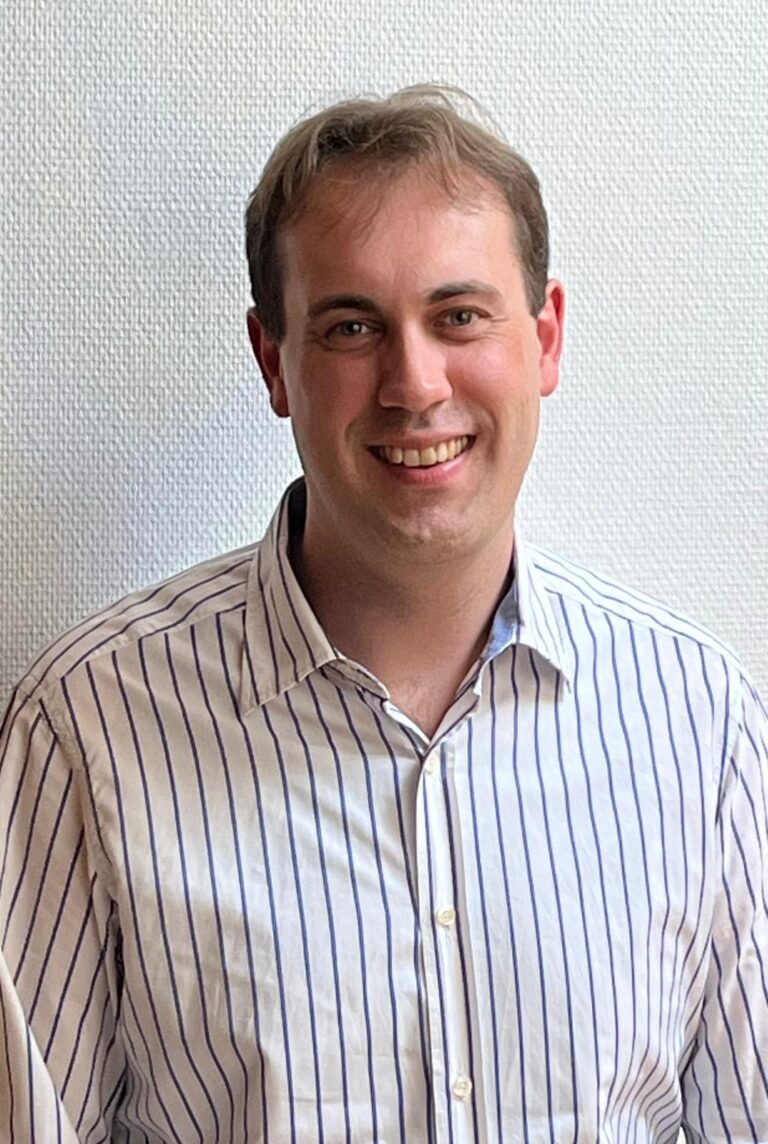
Stephan Maurer
University of Edinburgh
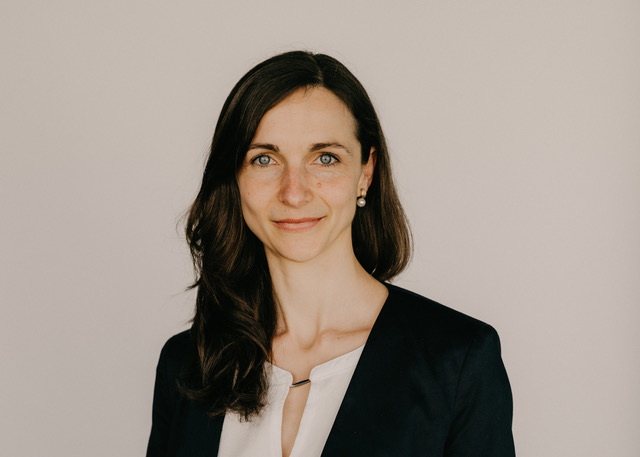
Susanne Garritzmann
Goethe-Universität Frankfurt

Takudzwa Musekiwa
University of Pretoria
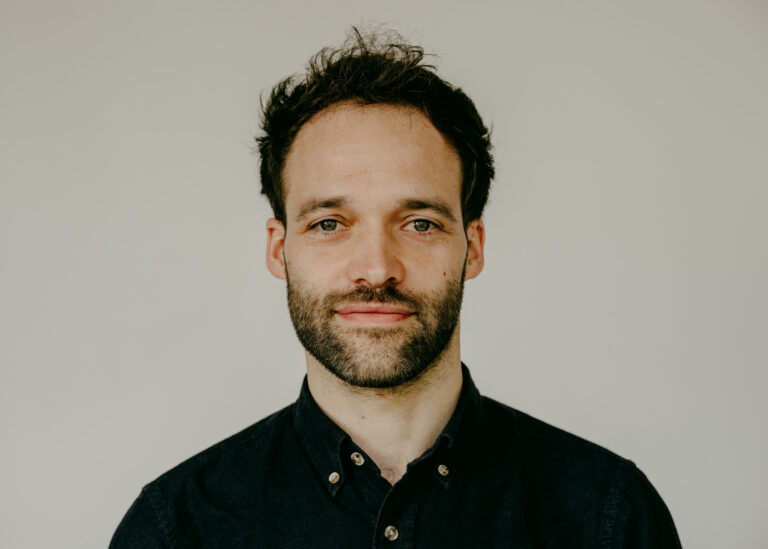
Thomas Kurer
University of Zurich

Timo Wiesner
University of Bremen
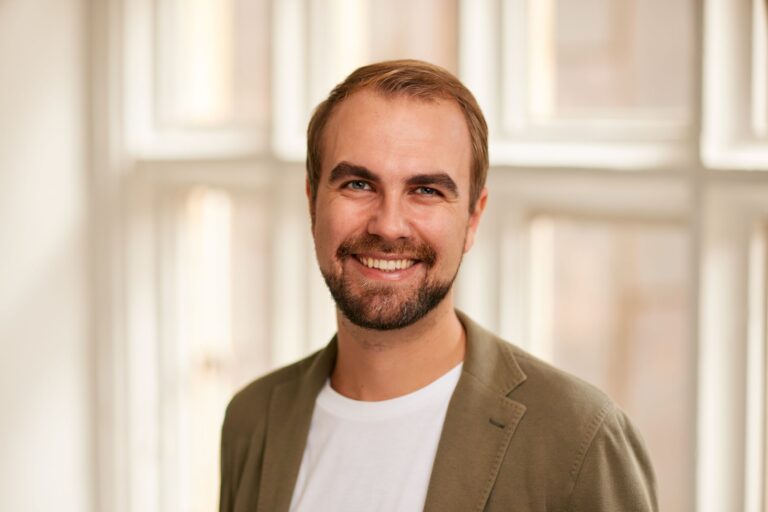
Tobias Schillings
University of Oxford
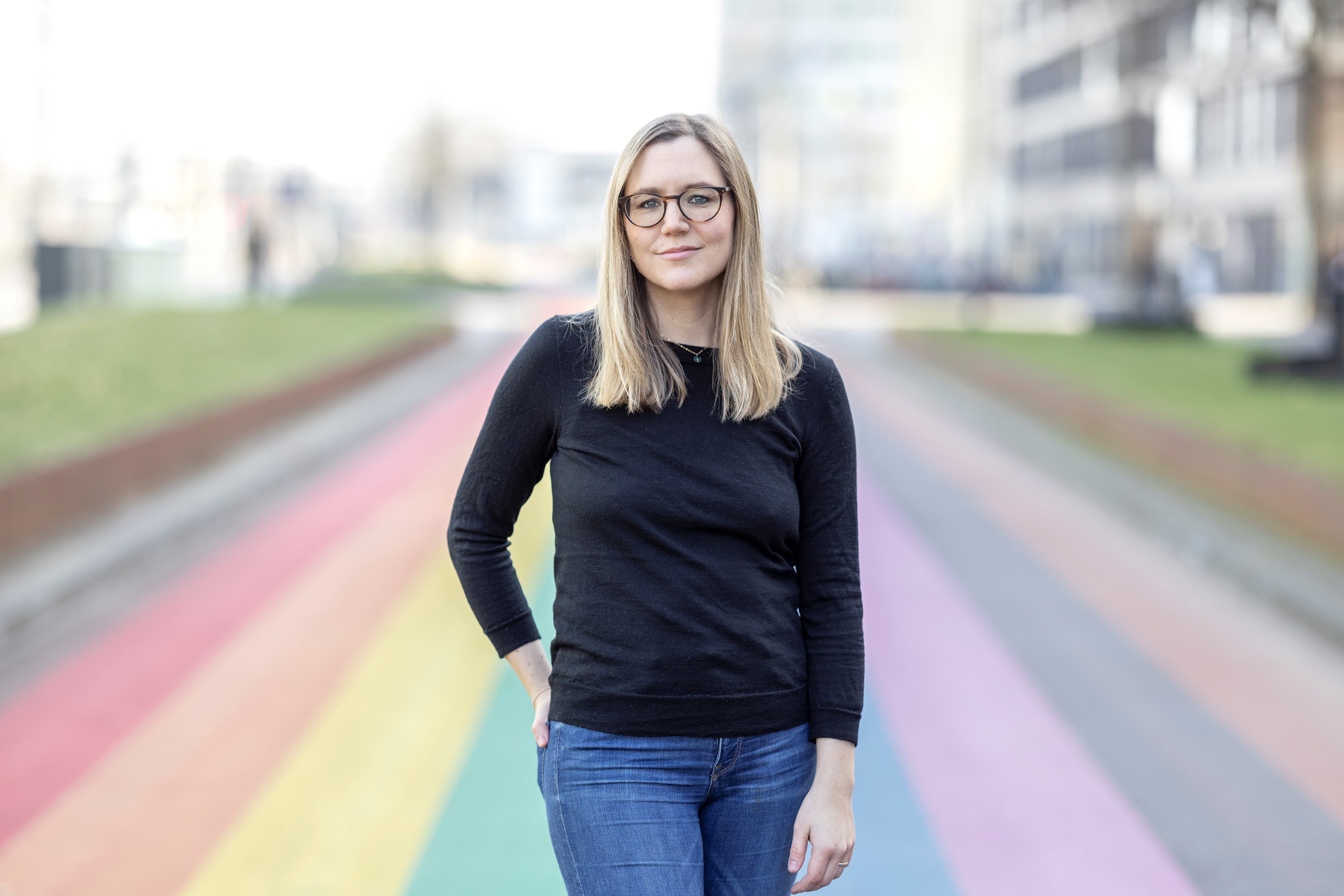
Verena Seibel
Utrecht University
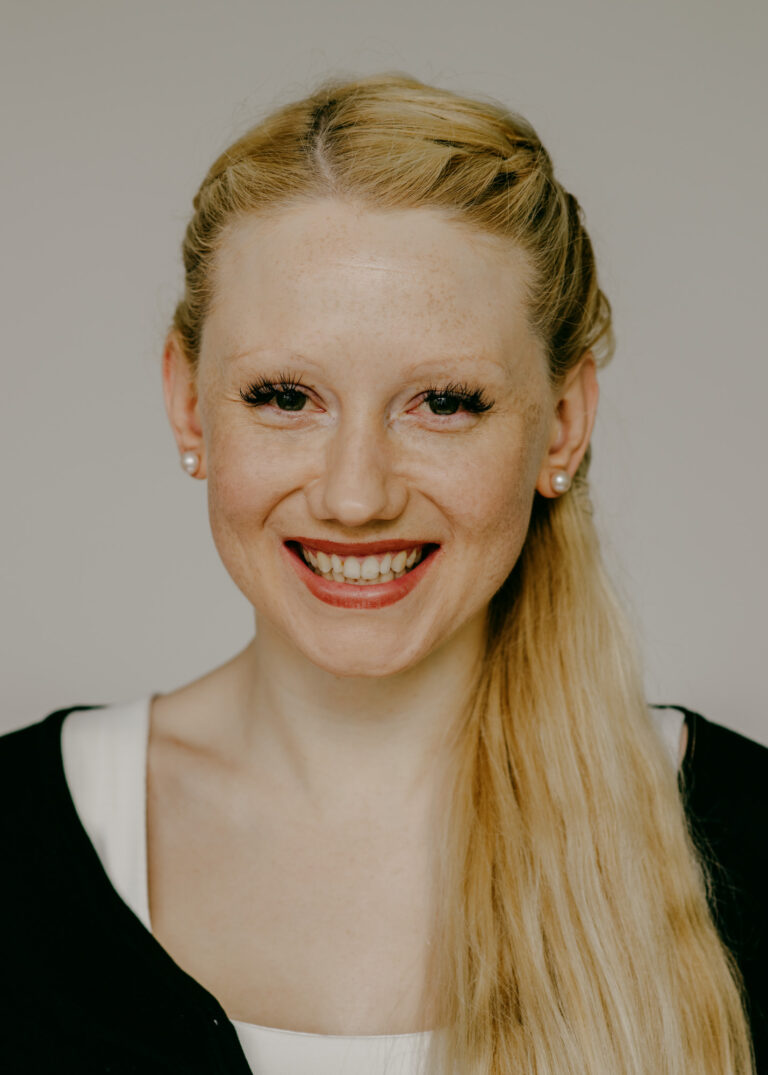
Viktoria Jansesberger
University of Konstanz
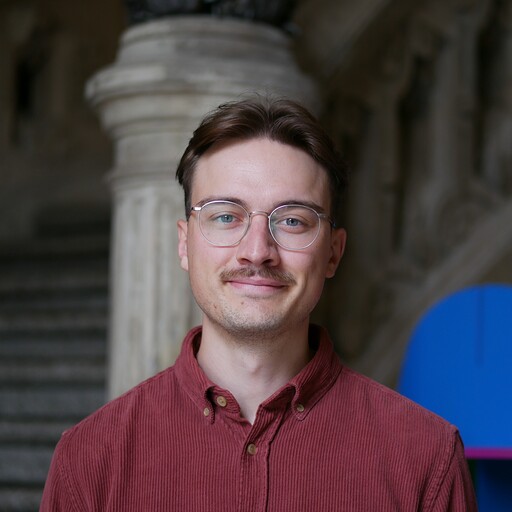
Vincent Heddesheimer
Princeton University
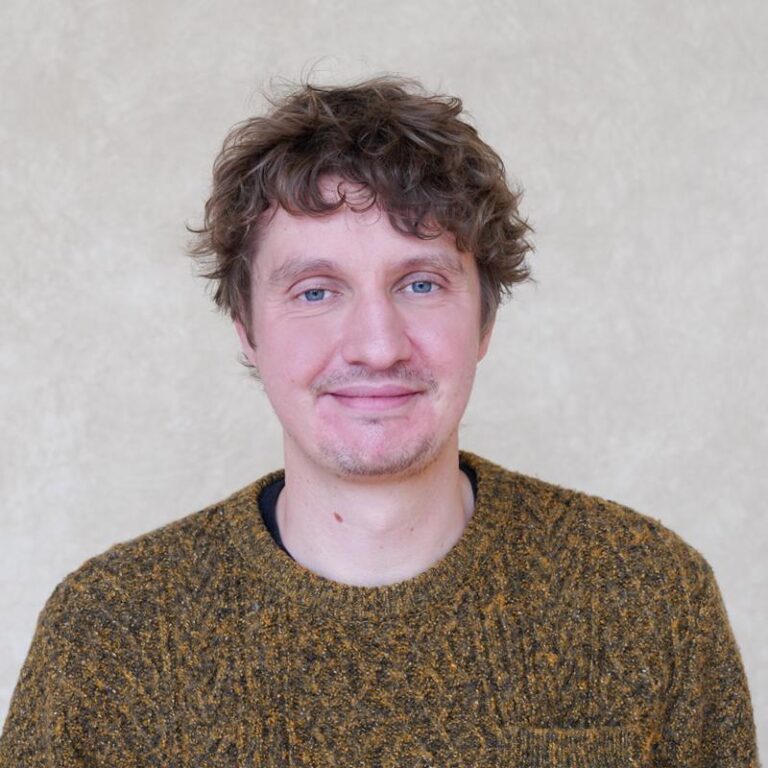
Yannick Reichlin
Bocconi University
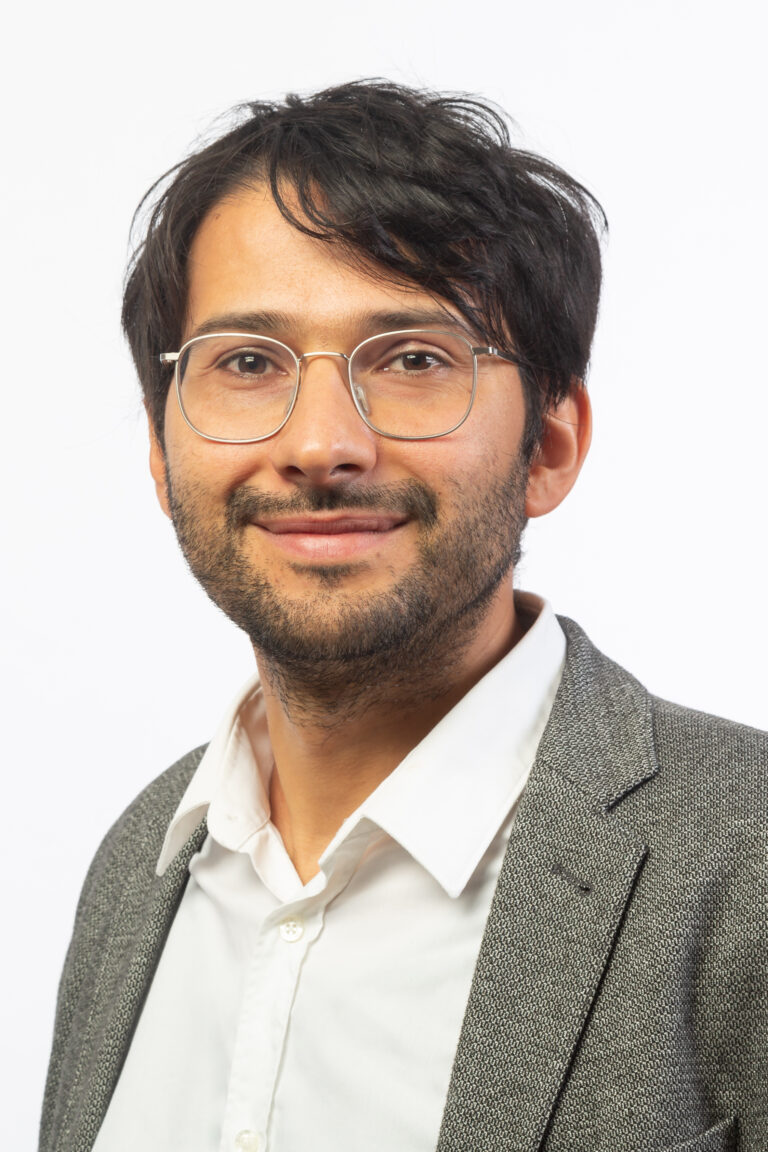
Yassine Khoudja
Goethe-Universität Frankfurt
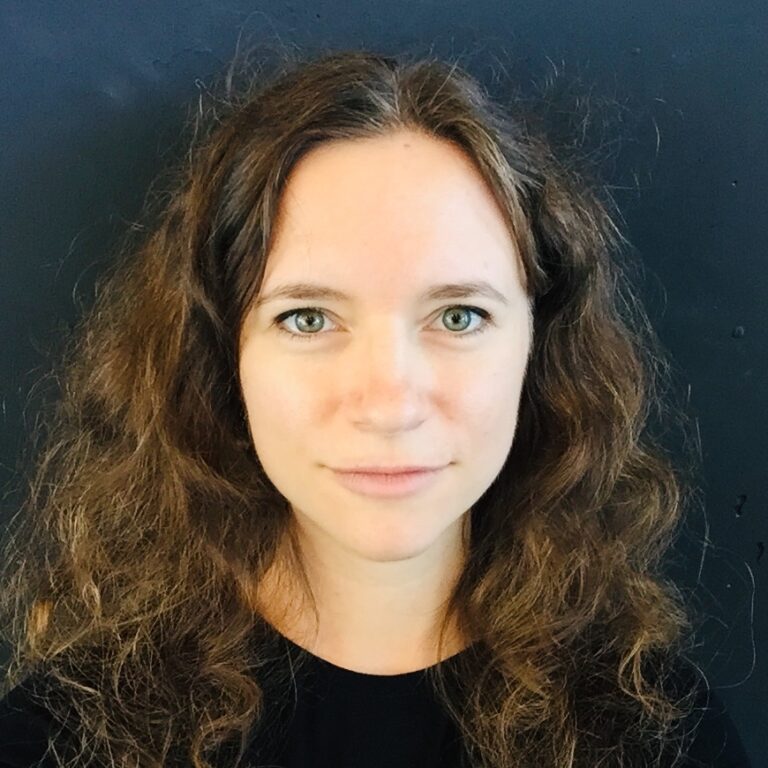
Yelena Mejova
ISI Foundation in Turin
Program 2026
The full program may be downloaded (PDF) here.
Join us in Constance for three days of more than 100 inspiring talks, five innovative keynote lectures by leading inequality researchers, a compelling satellite program, and a vibrant accompanying program across the city.
Panel 1 – Climate Inequality and Collective Action (Plenary Hall)
Panel 1 – Climate Inequality and Collective Action (Plenary Hall)
Panel 2 – Wealth and Redistribution (Room 2)
Panel 2 – Wealth and Redistribution (Room 2)
Panel 3 – Spatial Health Disparity (Room 3)
Panel 3 – Spatial Health Disparity (Room 3)
Panel 4 – Working Conditions and Social Policy (Room 4)
Panel 4 – Protest: Perception and Responsiveness (Room 4)
Panel 5 – Minorities and Linguistic (In)Equality (Room 5)
Panel 5 – Minorities and Linguistic (In) Equality (Room 5)
Panel 1 – Climate Inequality and Collective Action (Plenary Hall)
Panel 2 – Wealth and Redistribution (Room 2)
Panel 3 – Spatial Health Disparity (Room 3)
Panel 4 – Protest: Perception and Responsiveness (Room 4)
Panel 5 – Minorities and Linguistic (In) Equality (Room 5)
Panel 6 – Perceptions of Discrimination (Plenary Hall)
Panel 6 – Perceptions of Discrimination (Plenary Hall)
Panel 7 – Inequality in (Labour)Markets (Room 2)
Panel 7 – Inequality in (Labour)Markets (Room 2)
Panel 8 – Income Inequality and Climate Conflicts (Room 3)
Panel 8 – Income Inequality and Climate Conflicts (Room 3)
Panel 9 – Unequal Politics (Room 4)
Panel 9 – Unequal Politics (Room 4)
Panel 10 – Housing and Urban Inequality (Room 5)
Panel 10 – Housing and Urban Inequality (Room 5)
Panel 6 – Perceptions of Discrimination (Plenary Hall)
Panel 7 – Inequality in (Labour)Markets (Room 2)
Panel 8 – Income Inequality and Climate Conflicts (Room 3)
Panel 9 – Unequal Politics (Room 4)
Panel 10 – Housing and Urban Inequality (Room 5)
Satellite Program I – How AI Reshapes Social Science (Plenary Hall)
How AI Reshapes Social Science (Plenary Hall)
Panel 11 – (Un)Equal Algorithms (Room 2)
Panel 11 – (Un)Equal Algorithms (Room 2)
Panel 12 – Deliberation and Redistribution (Room 3)
Panel 12 – Deliberation and Redistribution (Room 3)
Panel 13 – Populism and Monetary Solidarity (Room 4)
Panel 13 – Populism and Monetary Solidarity (Room 4)
Panel 14 – Mechanisms of Inequality (Room 5)
Panel 14 – Mechanisms of Inequality (Room 5)
How AI Reshapes Social Science (Plenary Hall)
Panel 11 – (Un)Equal Algorithms (Room 2)
Panel 12 – Deliberation and Redistribution (Room 3)
Panel 13 – Populism and Monetary Solidarity (Room 4)
Panel 14 – Mechanisms of Inequality (Room 5)
Panel 15 – Unequal Schooling (Plenary Hall)
Panel 15 – Unequal Schooling (Plenary Hall)
Panel 16 – Artificial Intelligence and Technological Inequality (Room 2)
Panel 16 – Artificial Intelligence and Technological Inequality (Room 2)
Panel 17 – Meritocracy and Inequality Beliefs (Room 3)
Panel 17 – Meritocracy and Inequality Beliefs (Room 3)
Panel 18 – Immigrant labour and economic integration (Room 4)
Panel 18 – Immigrant Labour and Economic Integration (Room 4)
Panel 19 – Institutions and Unequal Structures (Room 5)
Panel 19 – Institutions and Unequal Structures (Room 5)
Panel 15 – Unequal Schooling (Plenary Hall)
Panel 16 – Artificial Intelligence and Technological Inequality (Room 2)
Panel 17 – Meritocracy and Inequality Beliefs (Room 3)
Panel 18 – Immigrant Labour and Economic Integration (Room 4)
Panel 19 – Institutions and Unequal Structures (Room 5)
Panel 20 – Unequal Careers (Plenary Hall)
Panel 20 – Unequal Careers (Plenary Hall)
Panel 21 – Labour Inequality and Institutions (Room 2)
Panel 21 – Labour Inequality and Institutions (Room 2)
Panel 22 – Climate Policy and Distributional Conflict (Room 3)
Panel 22 – Climate Policy and Distributional Conflict (Room 3)
Panel 23 – Gendered Political Inequality (Room 4)
Panel 23 – Gendered Political Inequality (Room 4)
Panel 24 – Early-Life Inequality and Well-Being (Room 5)
Panel 24 – Early-Life Inequality and Well-Being (Room 5)
Panel 20 – Unequal Careers (Plenary Hall)
Panel 21 – Labour Inequality and Institutions (Room 2)
Panel 22 – Climate Policy and Distributional Conflict (Room 3)
Panel 23 – Gendered Political Inequality (Room 4)
Panel 24 – Early-Life Inequality and Well-Being (Room 5)
Panel 25 – Perceptions of Economic Disparities (Plenary Hall)
Panel 25 – Perceptions of Economic Disparities (Plenary Hall)
Panel 26 – Impact of Legal (In)Equality (Room 2)
Panel 26 – Impact of Legal (In)Equality (Room 2)
Panel 27 – Redistribution and Inequality (Room 3)
Panel 27 – Redistribution and Inequality (Room 3)
Panel 28 – Climate Fairness Perceptions (Room 4)
Panel 28 – Climate Fairness Perceptions (Room 4)
Panel 29 – Green Politics and Backlash (Room 5)
Panel 29 – Green Politics and Backlash (Room 5)
Panel 25 – Perceptions of Economic Disparities (Plenary Hall)
Panel 26 – Impact of Legal (In)Equality (Room 2)
Panel 27 – Redistribution and Inequality (Room 3)
Panel 28 – Climate Fairness Perceptions (Room 4)
Panel 29 – Green Politics and Backlash (Room 5)
Satellite Program II – Knowledge Transfer (Plenary Hall)
Knowledge Transfer – From Research to Impact (Plenary Hall)
Panel 30 – Procedural Inequality and Fairness (Room 2)
Panel 30 – Procedural Inequality and Fairness (Room 2)
Panel 31 – Unequal Digital and Bureaucratic (Room 3)
Panel 31 – Unequal Digital and Bureaucratic Access (Room 3)
Panel 32 – Gender and Household Inequality (Room 4)
Panel 32 – Gender and Household Inequality (Room 4)
Panel 33 – Marriage and Inequality (Room 5)
Panel 33 – Marriage and Inequality (Room 5)
Knowledge Transfer – From Research to Impact (Plenary Hall)
Panel 30 – Procedural Inequality and Fairness (Room 2)
Panel 31 – Unequal Digital and Bureaucratic Access (Room 3)
Panel 32 – Gender and Household Inequality (Room 4)
Panel 33 – Marriage and Inequality (Room 5)
Panel 34 – Unequal Civic Education and Socialisation (Plenary Hall)
Panel 34 – Unequal Civic Education and Socialisation (Plenary Hall)
Panel 35 – Work Schedules and Inequality (Room 2)
Panel 35 – Work Schedules and Inequality (Room 2)
Panel 36 – Wealth, Taxation and Redistribution (Room 3)
Panel 36 – Wealth, Taxation and Redistribution (Room 3)
Panel 37 – Welfare Support Dynamics (Room 4)
Panel 37 – Welfare Support Dynamics (Room 4)
Panel 38 – Wage Inequality and Mobility (Room 5)
Panel 38 – Wage Inequality and Mobility (Room 5)
Panel 34 – Unequal Civic Education and Socialisation (Plenary Hall)
Panel 35 – Work Schedules and Inequality (Room 2)
Panel 36 – Wealth, Taxation and Redistribution (Room 3)
Panel 37 – Welfare Support Dynamics (Room 4)
Panel 38 – Wage Inequality and Mobility (Room 5)
Panel 39 – Inequality Perception across Systems (Plenary Hall)
Panel 39 – Inequality Perception across Systems (Plenary Hall)
Panel 40 – Unequal Status and Politics (Room 2)
Panel 40 – Unequal Status and Politics (Room 2)
Panel 41 – Unequal Adolescence (Room 3)
Panel 41 – Unequal Adolescence (Room 3)
Panel 42 – Misperceptions and (Un)Fair Redistribution (Room 4)
Panel 42 – Misperceptions and (Un)Fair Redistribution (Room 4)
Panel 43 – Wealth, Income and Financial Markets (Room 5)
Panel 43 – Wealth, Income and Financial Markets (Room 5)
Panel 39 – Inequality Perception across Systems (Plenary Hall)
Panel 40 – Unequal Status and Politics (Room 2)
Panel 41 – Unequal Adolescence (Room 3)
Panel 42 – Misperceptions and (Un)Fair Redistribution (Room 4)
Panel 43 – Wealth, Income and Financial Markets (Room 5)
Location
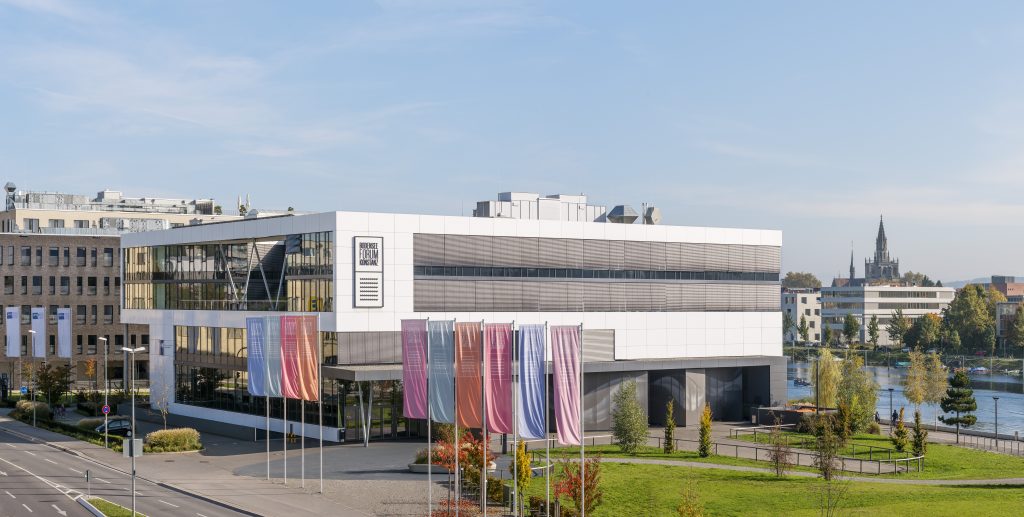
On-Site Location
Bodenseeforum Konstanz
Reichenaustr. 21
D-78467 Konstanz, Germany
(image: Guido Kasper)
Accommodation Information for Self-Paying Participants
A limited number of hotel rooms within walking distance of the conference venue has been reserved at special rates for conference participants. Participants who book their accommodation independently may use the following booking link until 28 February 2026.
(image credits: F. Bucher under creative commons)

Things to do in Konstanz
For some time out, Konstanz invites you to stroll and linger. The promenade along the shore of the Seerhein, starting directly at the Bodenseeforum, is wonderful for a walk. Countless public places to linger by the water and the park by the bicycle bridge offer plenty of space for leisure.
From there, you can also walk the “Seestraße” along Lake Constance if you want to go for a longer walk. There are also cafes on the way, for a drink on the go and banks to linger in.
If you arrive a day earlier or are still staying in Constance and would like to make an excursion, a trip to Meersburg is a good idea. Here you can take the ferry from Constance and already enjoy the way there. Meersburg offers many places to eat and drink. It is especially nice to walk along the promenade or to go to the state wine estate, which sells its own wine. The winery is situated higher up on a small mountain, so you have a beautiful view over the lake when you sit outside.
Bars and Restaurants
As the pulsating centre of the four-country region of Lake Constance, Constance offers many locations for night owls and connoisseurs: from traditional wine taverns and secluded beer gardens to cosy bars, cafés and pubs, there is something for everyone here.
The historic old town, together with the Niederburg, are good places to go: beer lovers will find the “Joh. Albrecht brewery”, the “Constanzer Wirtshaus”, the “Brauerei Ruppaner”, the “Bierboutique” and the “Hafenhalle”. The breweries are also good places to eat. For wine lovers, on the other hand, there are several wine taverns in the old town, e.g. “Zur Steinernen Kugel” in Hohenhausgasse or the “Weinstube Niederburg“. Among young people, the “Heimat“, “Destille” or the “Klimperkasten” are also popular bars. The “Blaue Engel” is recommended as a cocktail bar.
Konstanz also has a lot to offer in the way of culinary delights. In the immediate vicinity of the Bodenseeforum is the “Friedrichs“. Refreshingly different is the restaurant with terrace directly on the Seerhein promenade with a view of the water and the old town. In the evening, gourmets can be surprised here with modern, regional and seasonal dishes.
The restaurant “Konzil” offers Baden cuisine with historic halls as well as a lakeside terrace with a view of the harbour, lake and the landmark of the city of Constance, the Imperia.
French cuisine can be found at the “Brasserie Colette Tim Raue“. Berlin star chef Tim Raue is a firm gastronomic fixture in the Lake Constance region. Young and old enjoy French classics here as well as dishes from the weekly changing lunch menu.
If, on the other hand, you are looking for a place to have breakfast or brunch, the “Stadtkind” in the Paradies district or the “Cafe Auszeit” are ideal.
In_equality Research Award 2024 for Simon Jäger
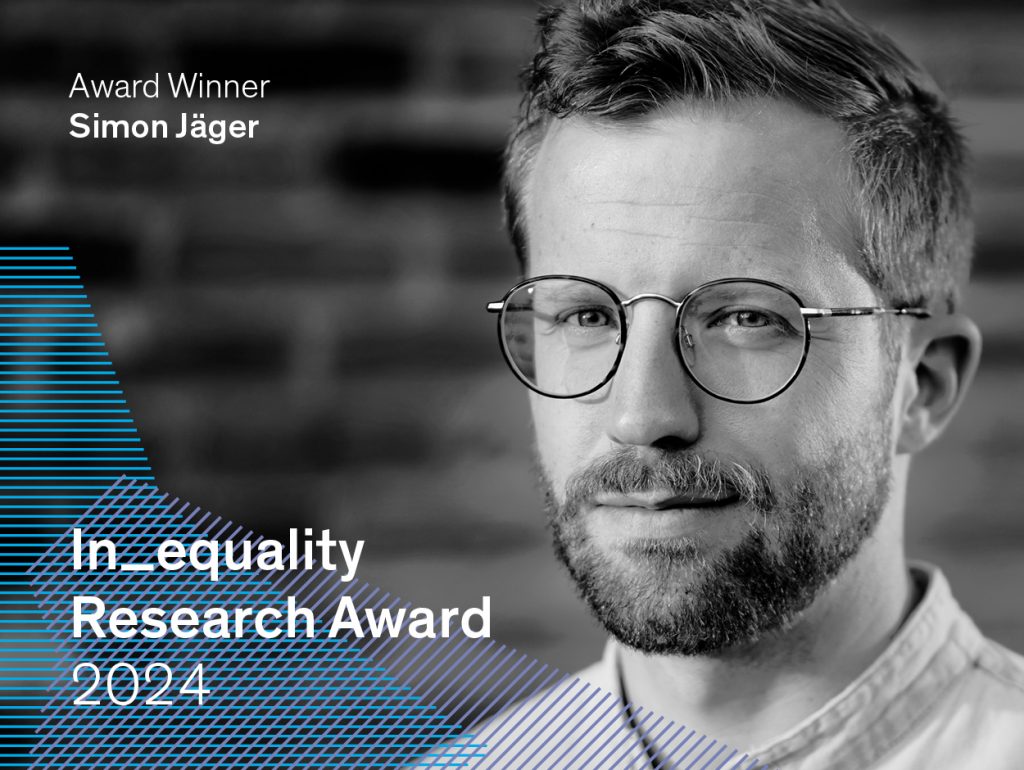
The In_equality Research Award honours exceptional research achievements with a large social impact and significant contributions to improving social systems. The Cluster of Excellence “The Politics of Inequality” at the University of Konstanz presents the 2024 award to renowned economist Simon Jäger who studies the origins and consequences of inequality in the labour market as well as the influence of institutions on social and economic participation. In his research, Simon Jäger was able to show how psychological factors can cause poverty traps in the labour market.
Marius R. Busemeyer, speaker of the Cluster of Excellence and a member of the award committee, explains: “Our aim is to promote courageous research on inequality that simultaneously initiates social change processes. Our award winner, Simon Jäger, is committed to precisely this goal in his research and understanding of knowledge transfer”.
Simon Jäger is a professor at the Massachusetts Institute of Technology (MIT), where he also holds the Silverman (1968) Career Development Chair. In addition, he is a research fellow at the National Bureau of Economic Research (NBER) and other leading research institutions. Since February 2024, he has been advising the Federal Ministry for Economic Affairs and Climate Action (BMWK) led by Robert Habeck. “I am very honoured to receive the In_equality Research Award”, Jäger says. “It is especially important for me to translate my research findings into impulses for the public discourse”. Danyal Bayaz, Minister of Finance in Baden-Württemberg, will give the welcoming address for the award ceremony. The In_equality Research Award is worth 20,000 euros and can be used to fund future research projects, particularly in collaboration with the Cluster of Excellence “The Politics of Inequality”.